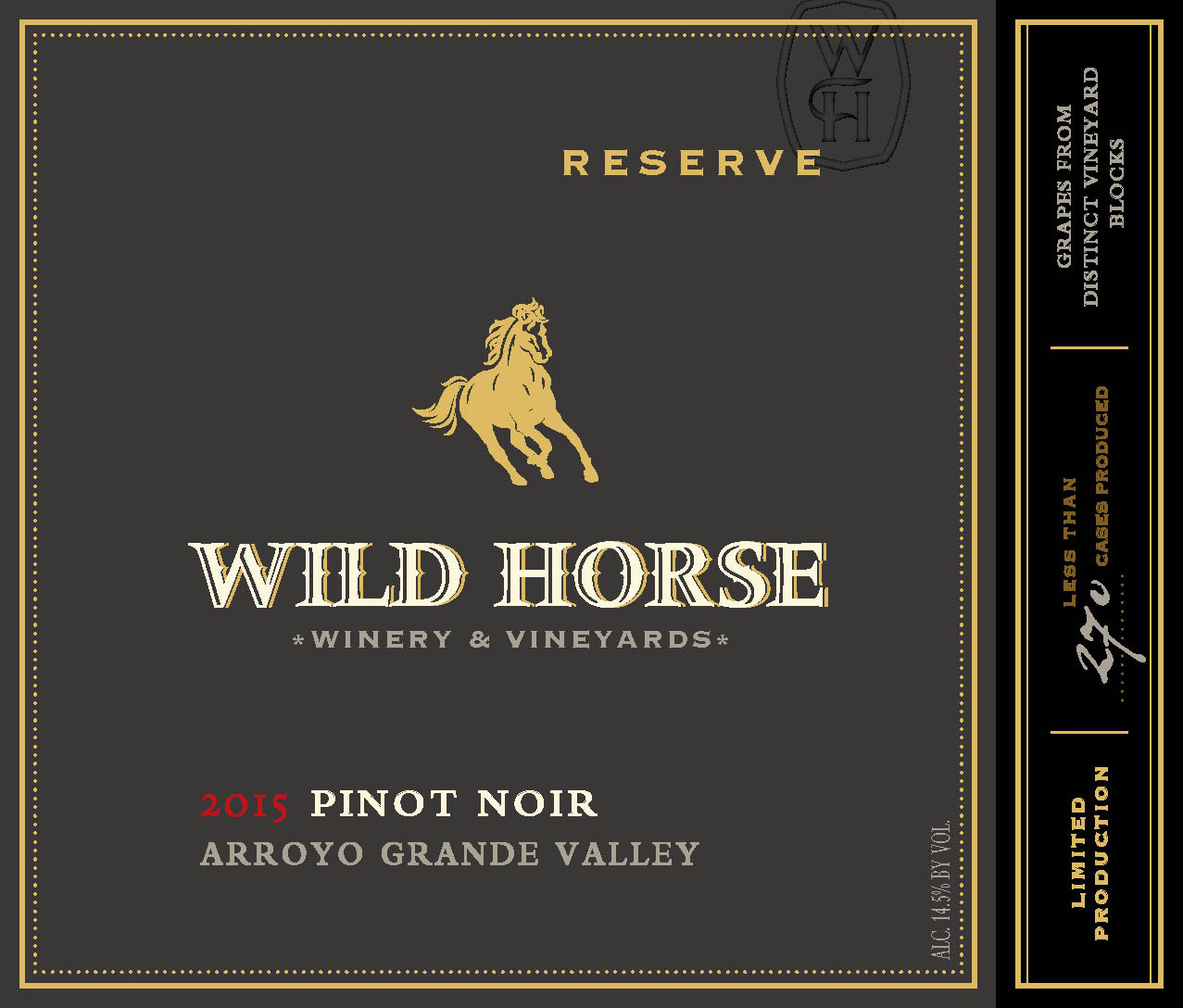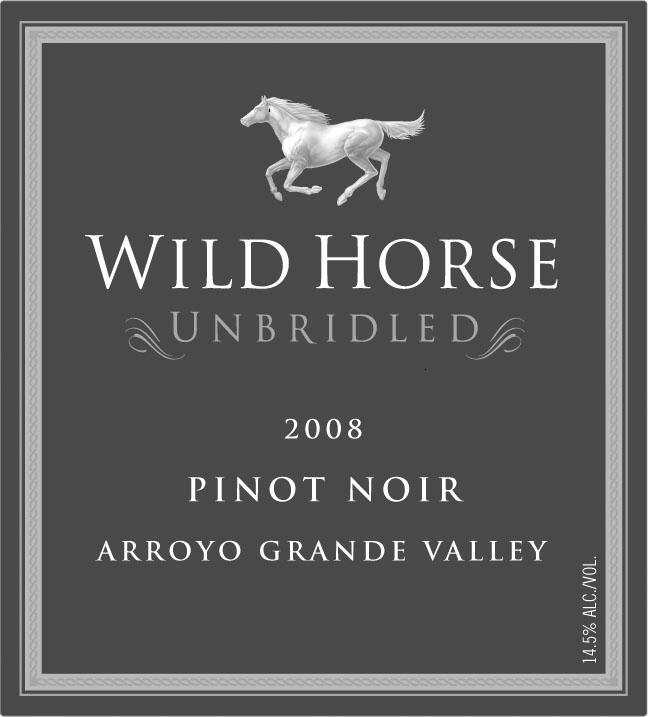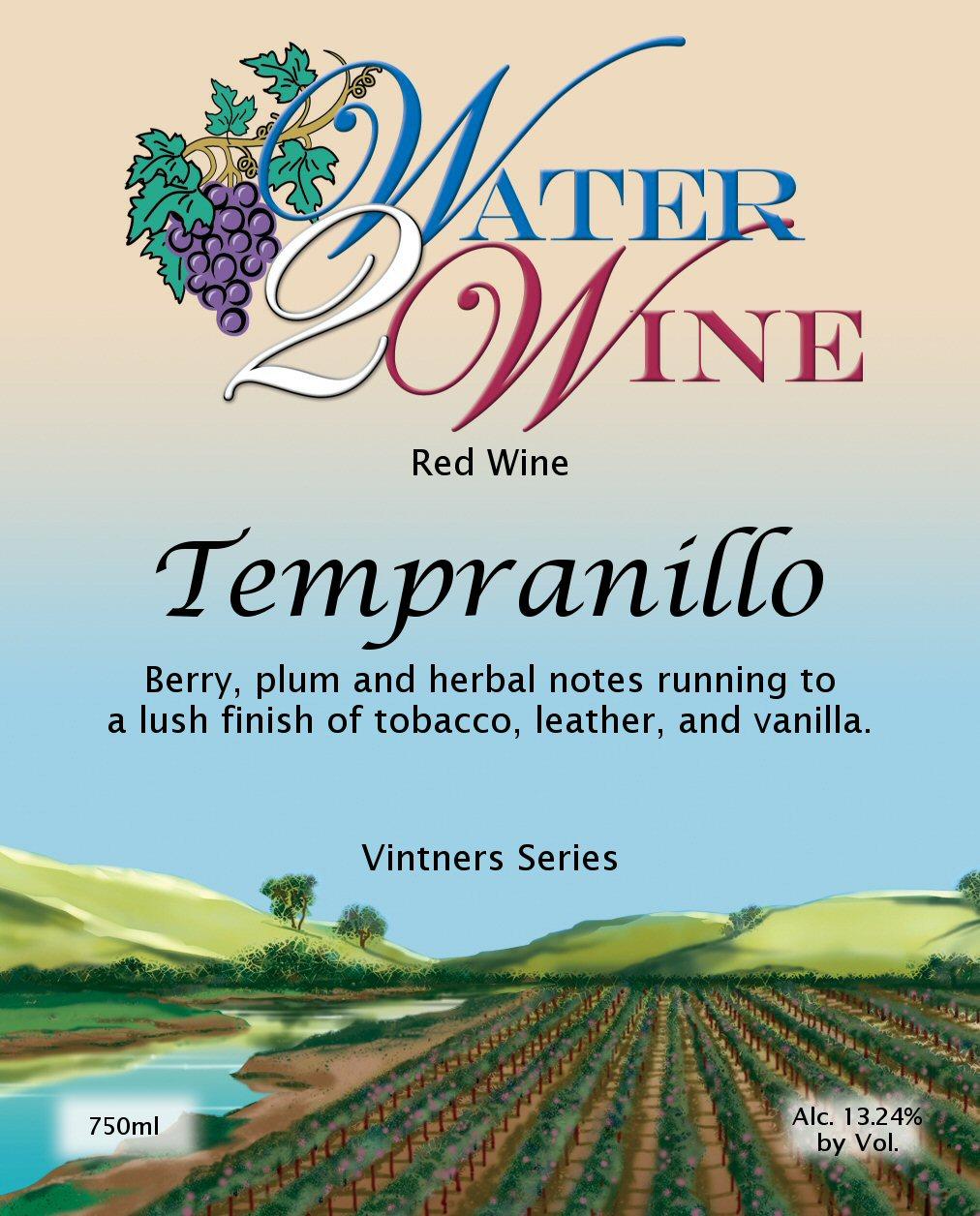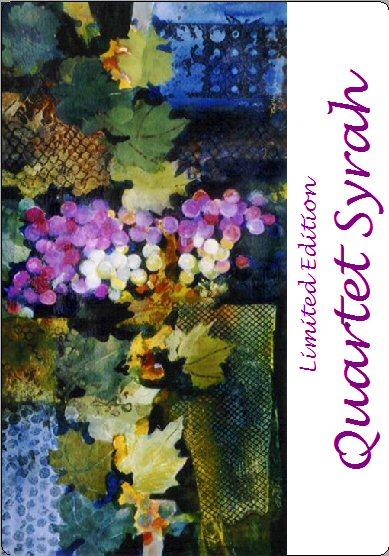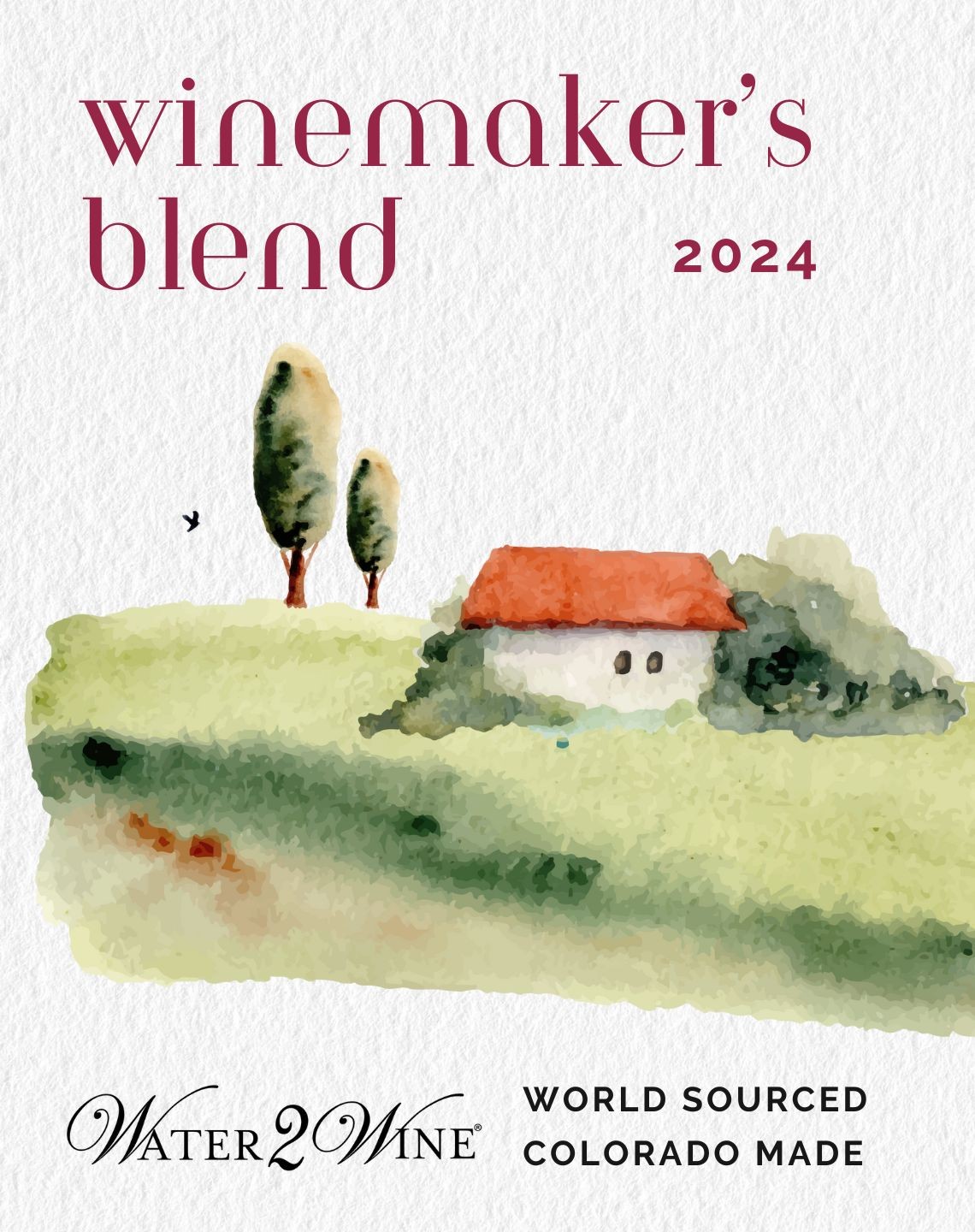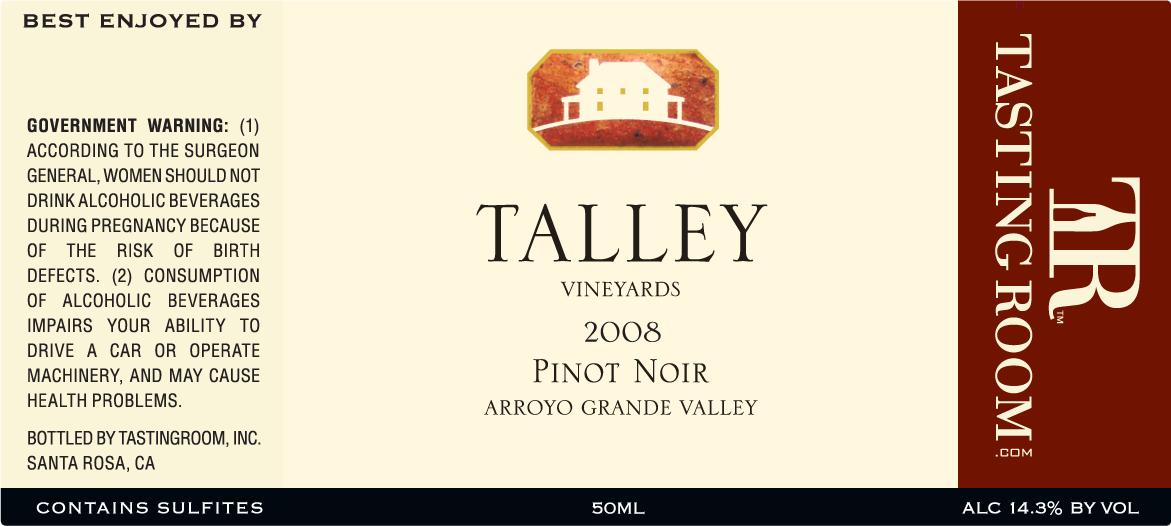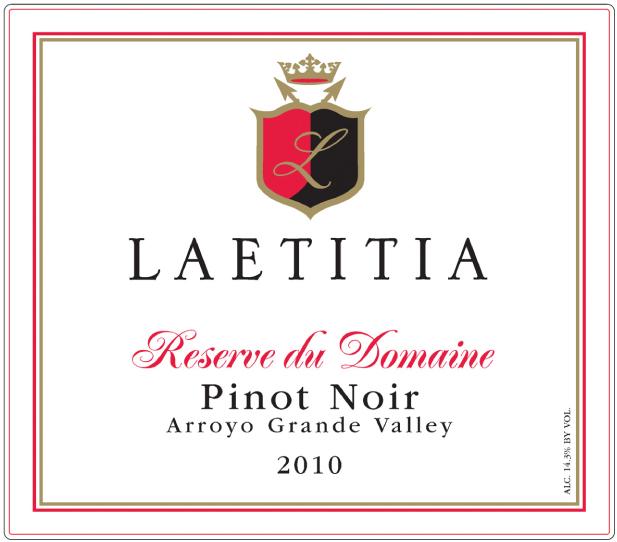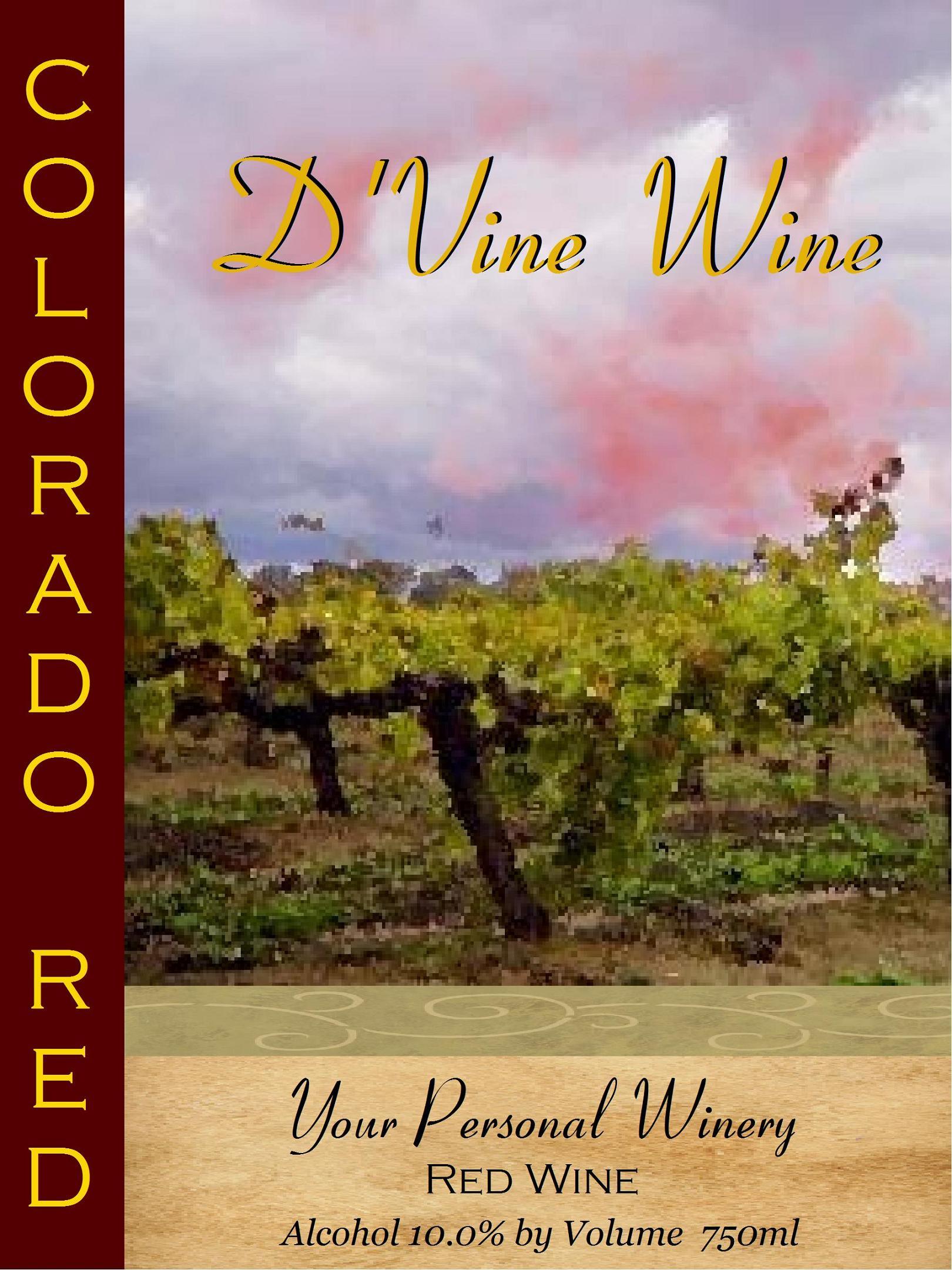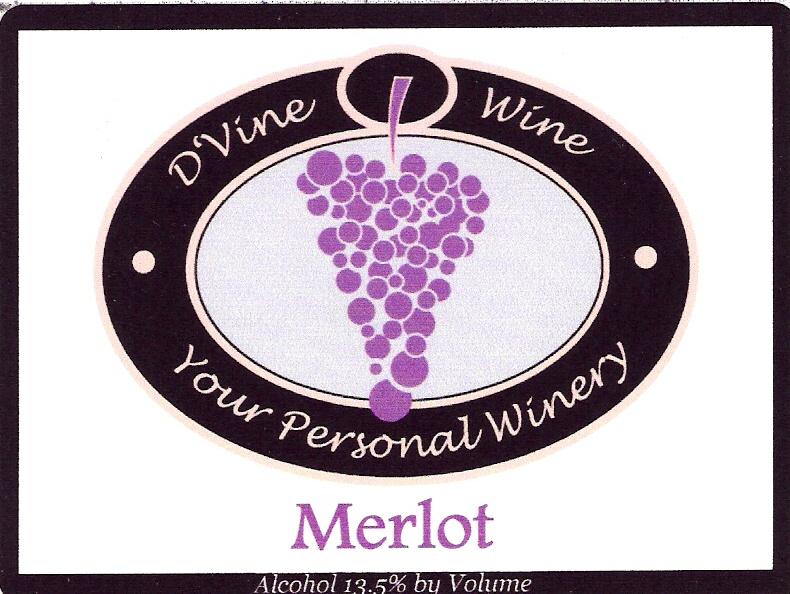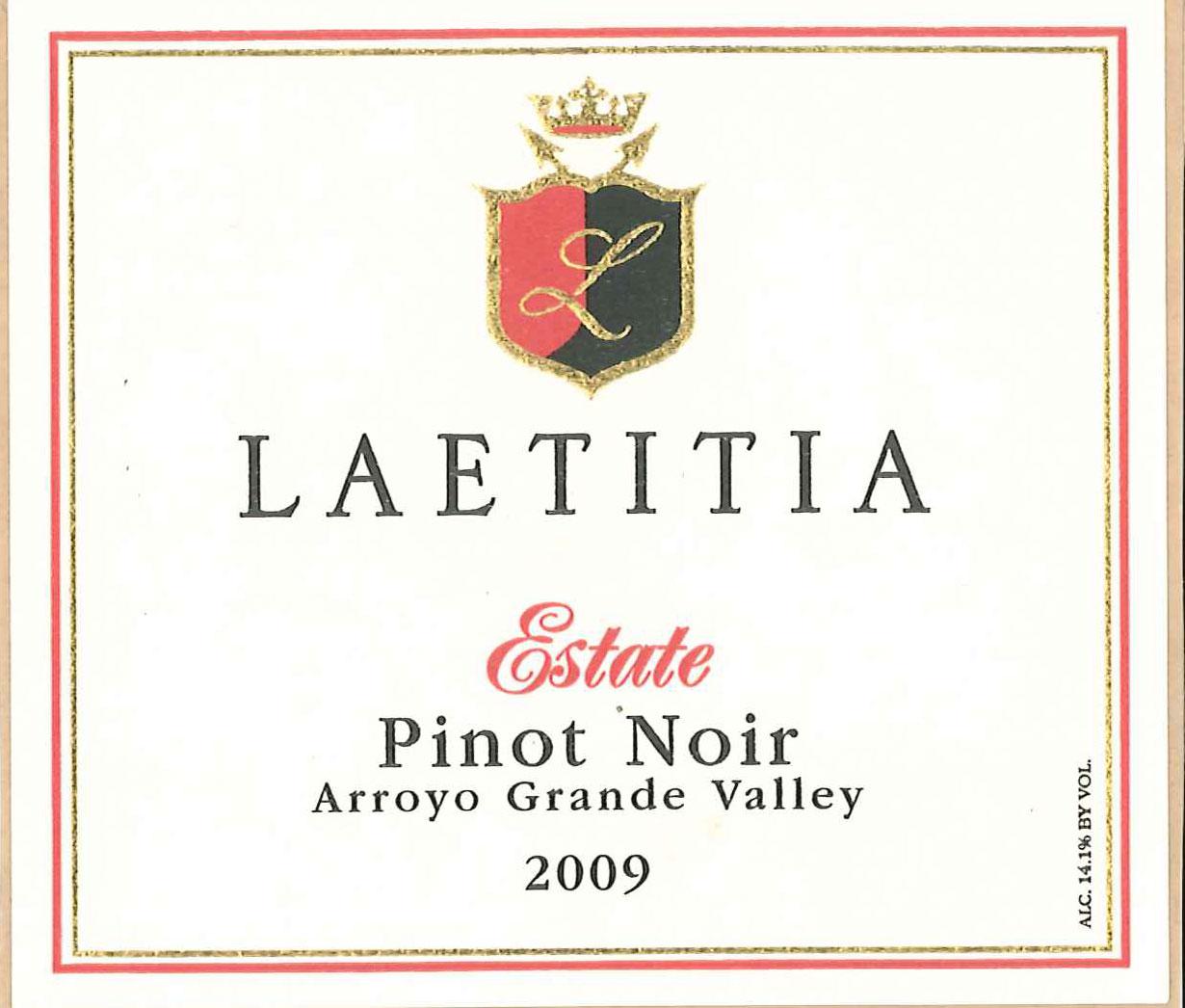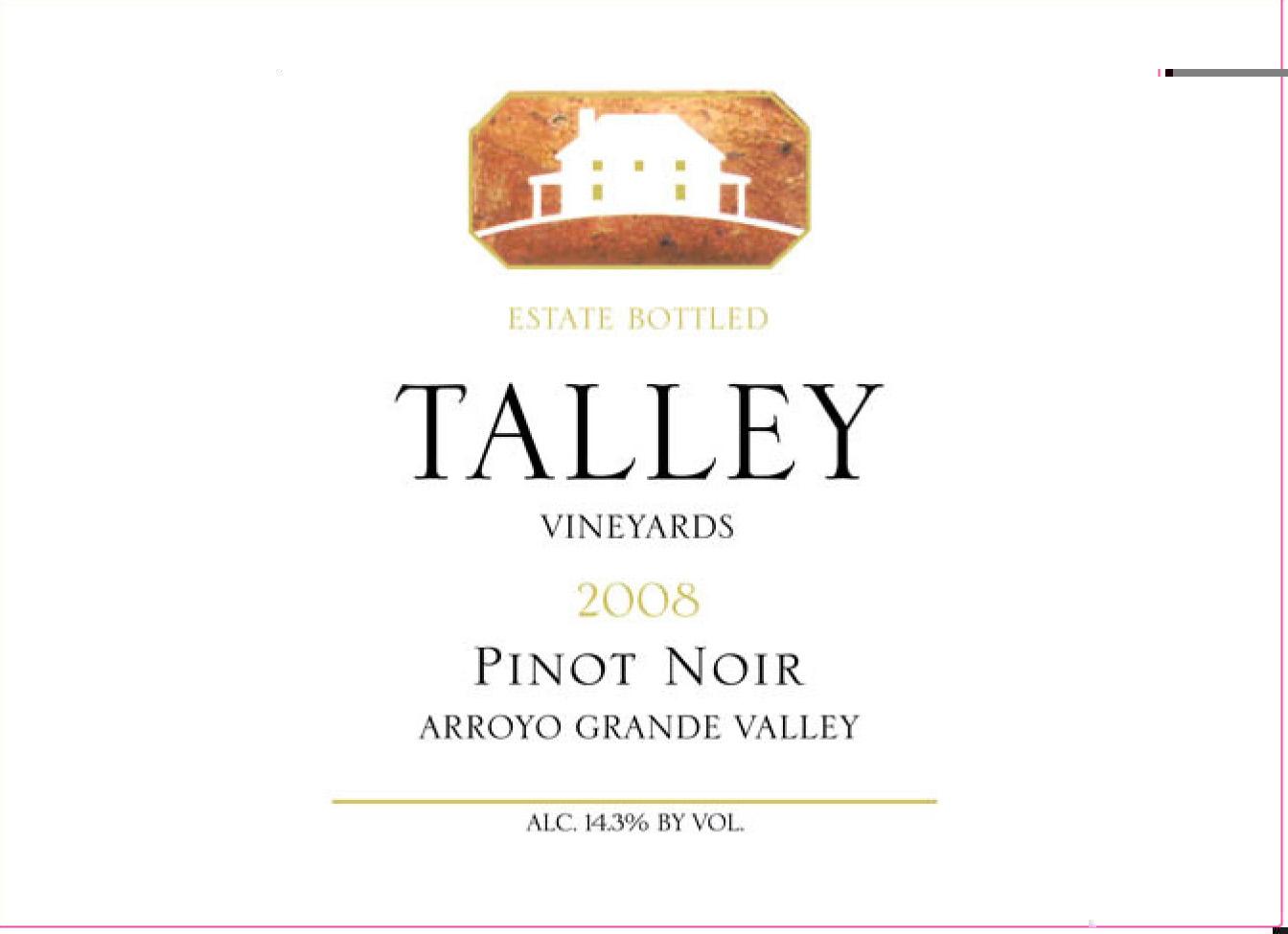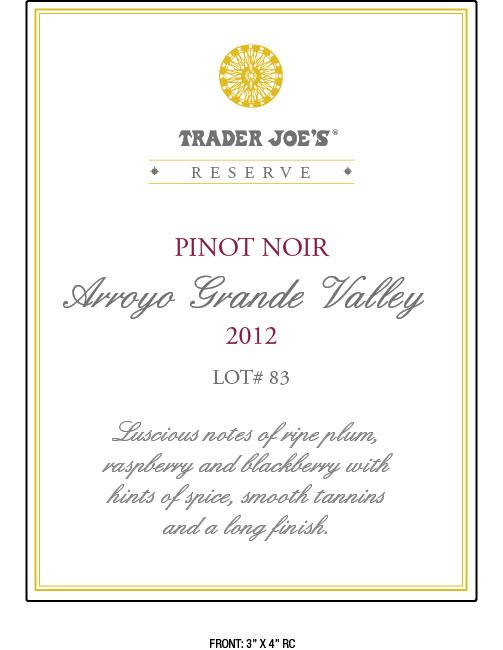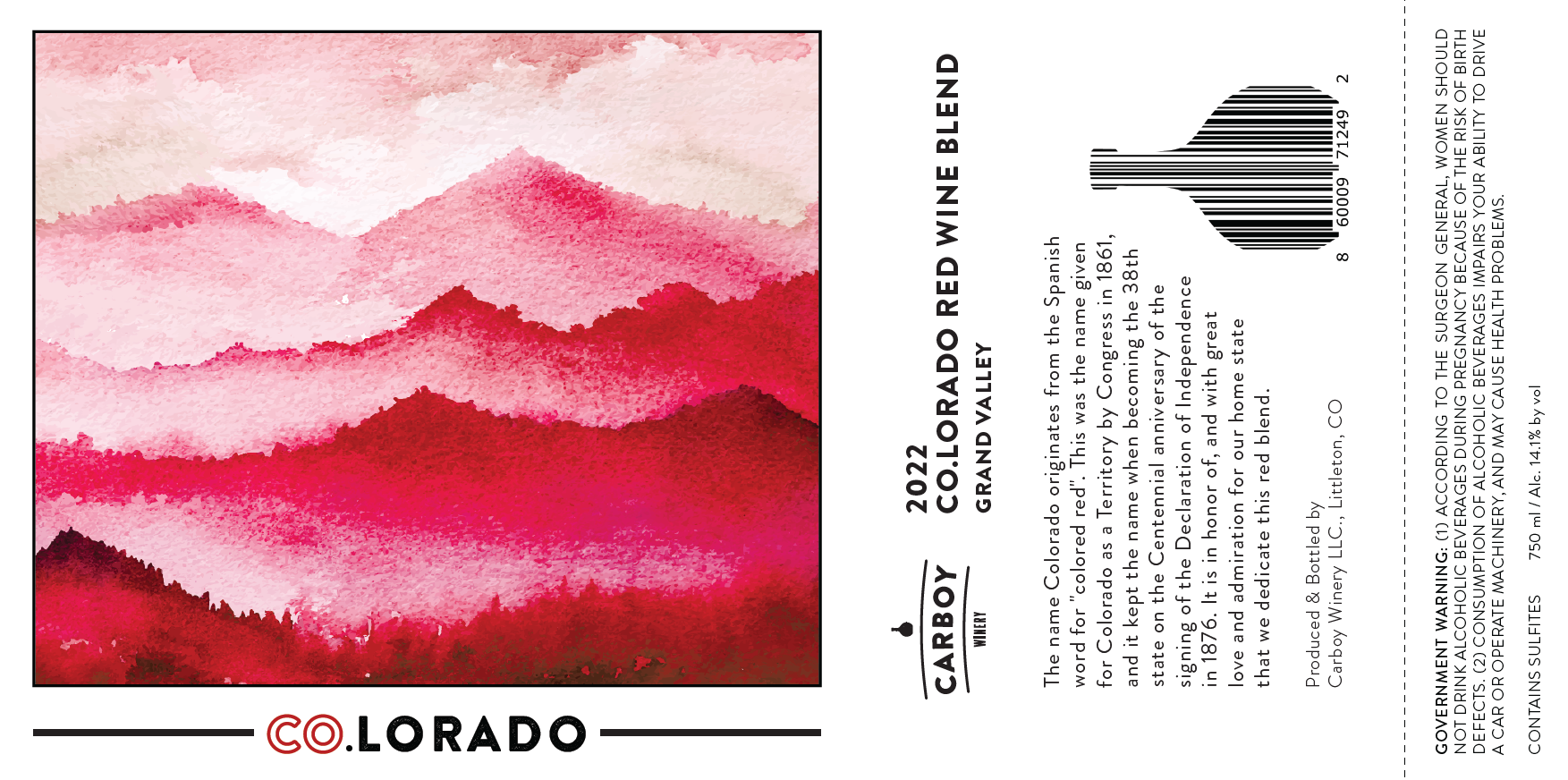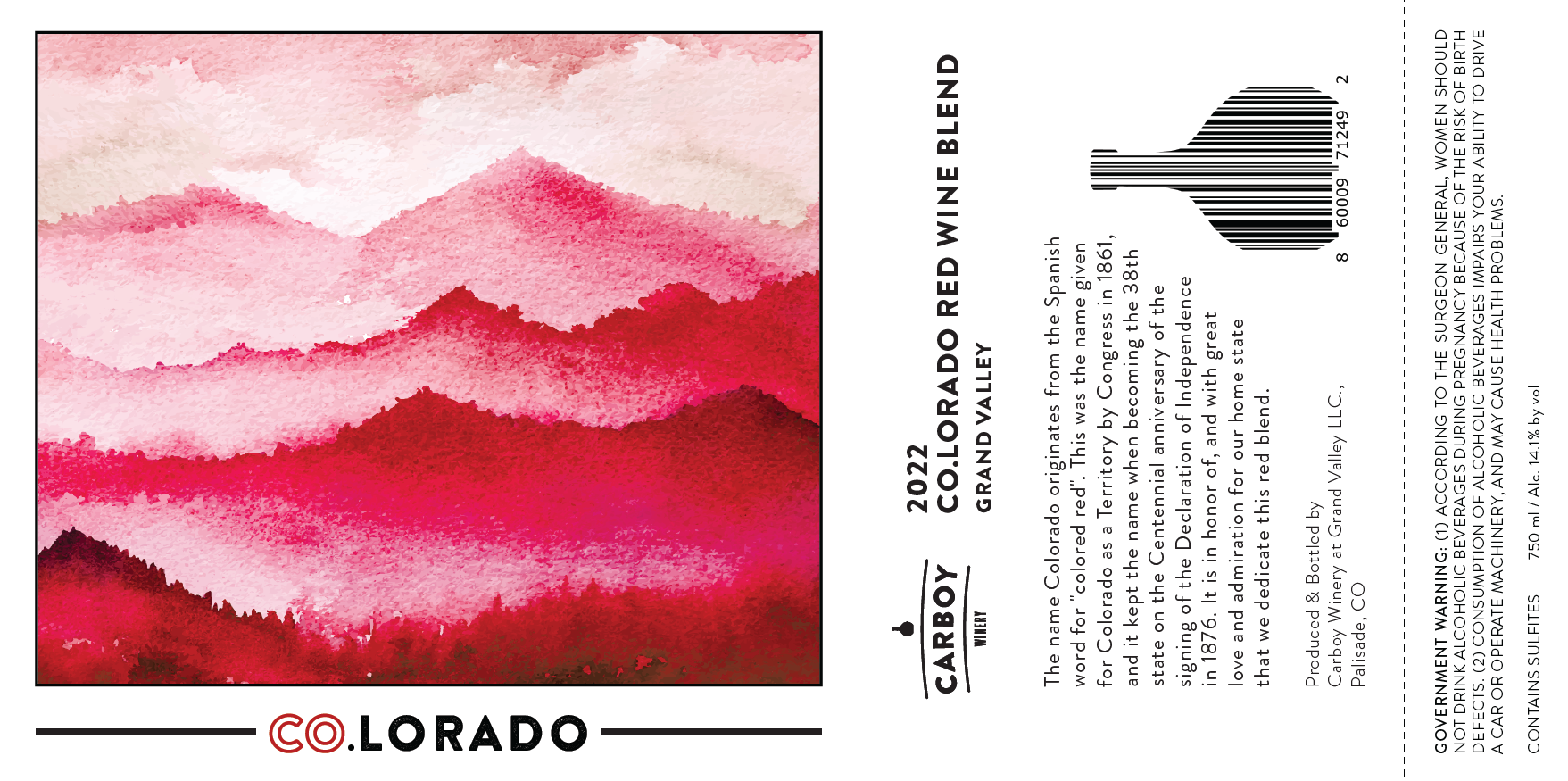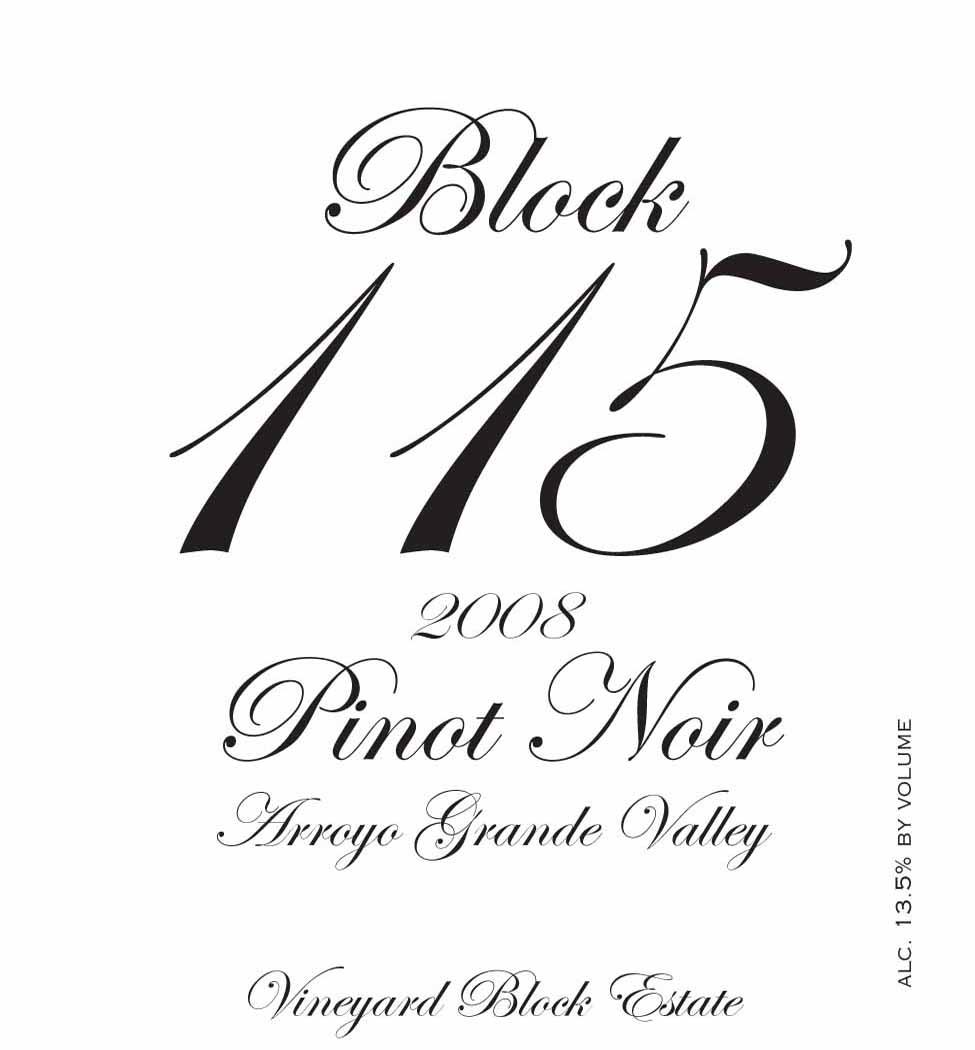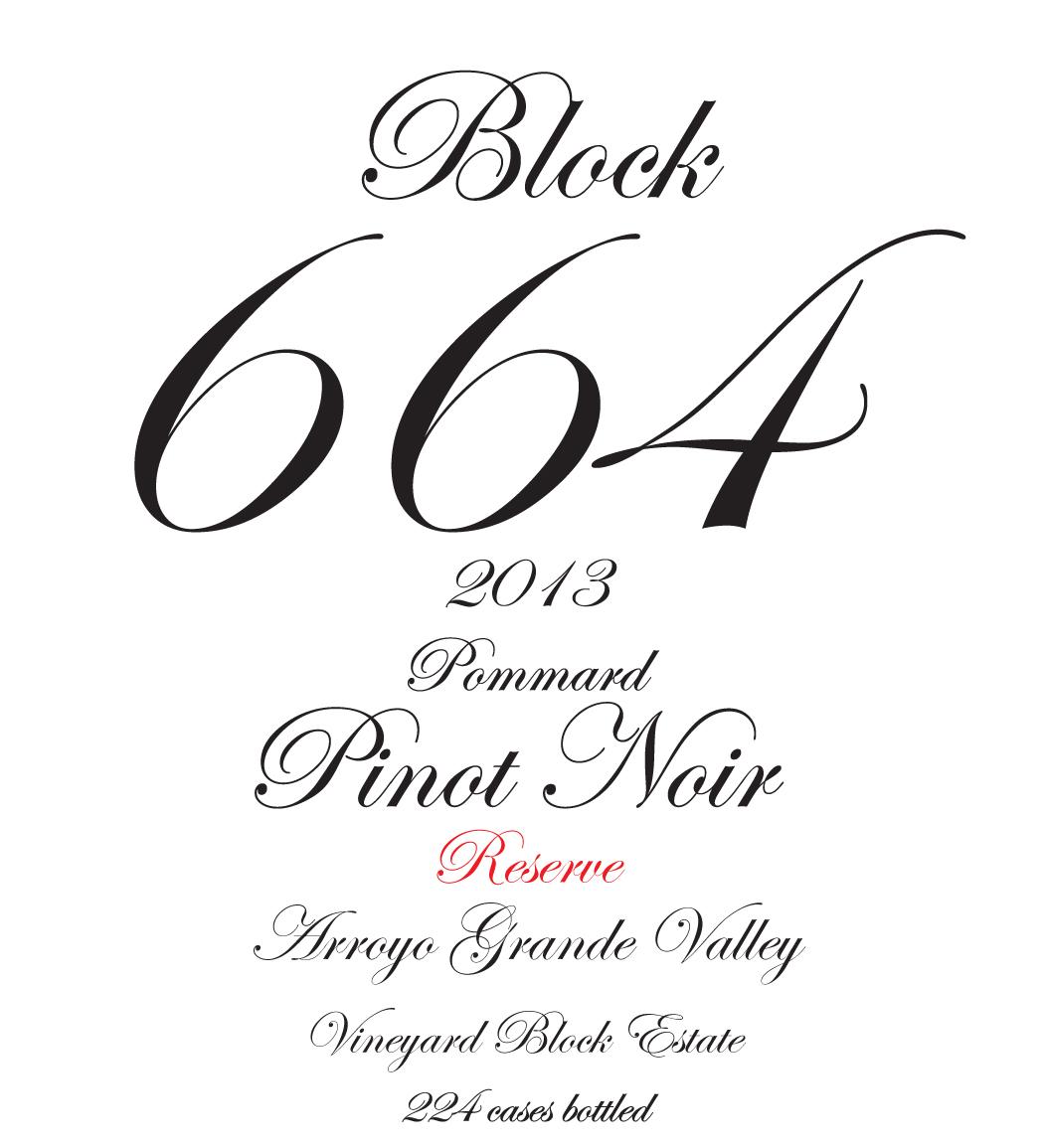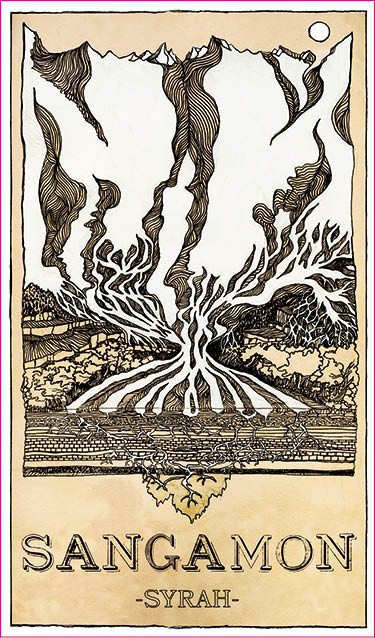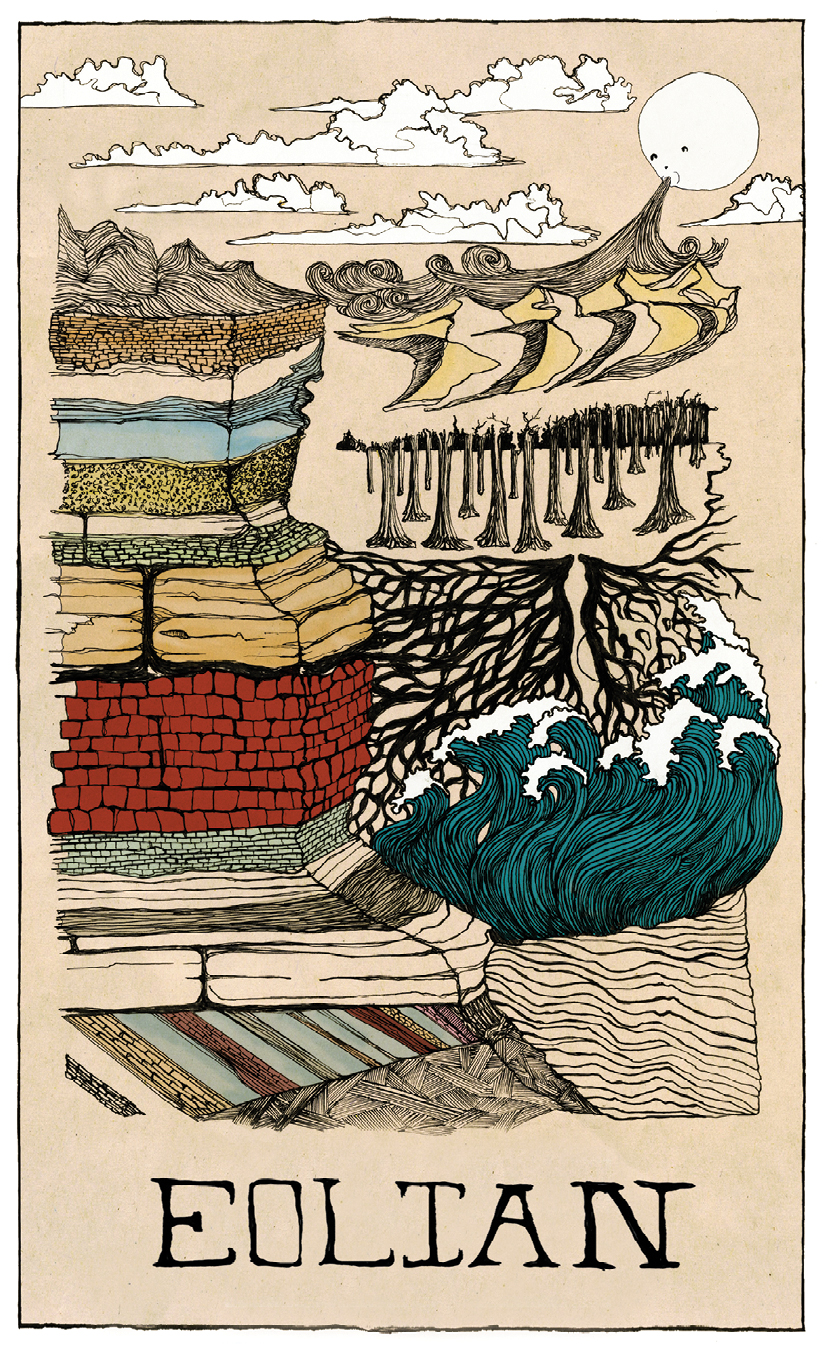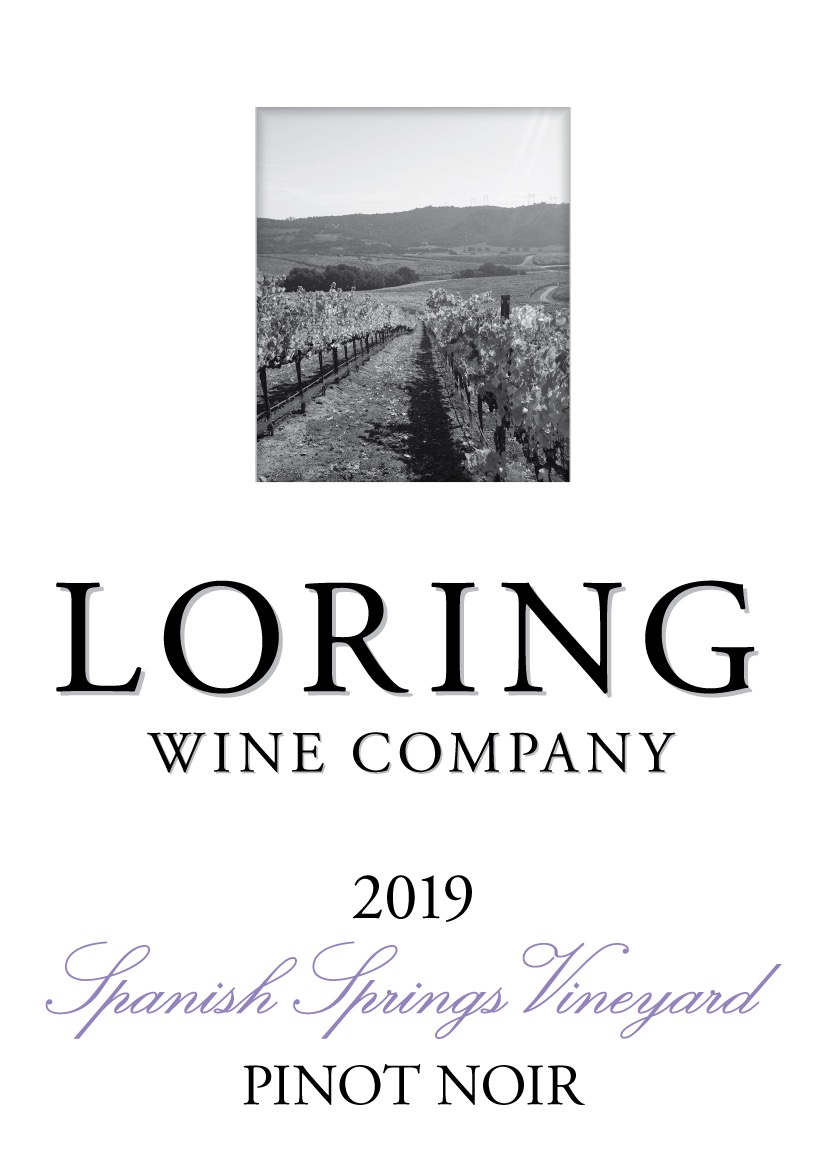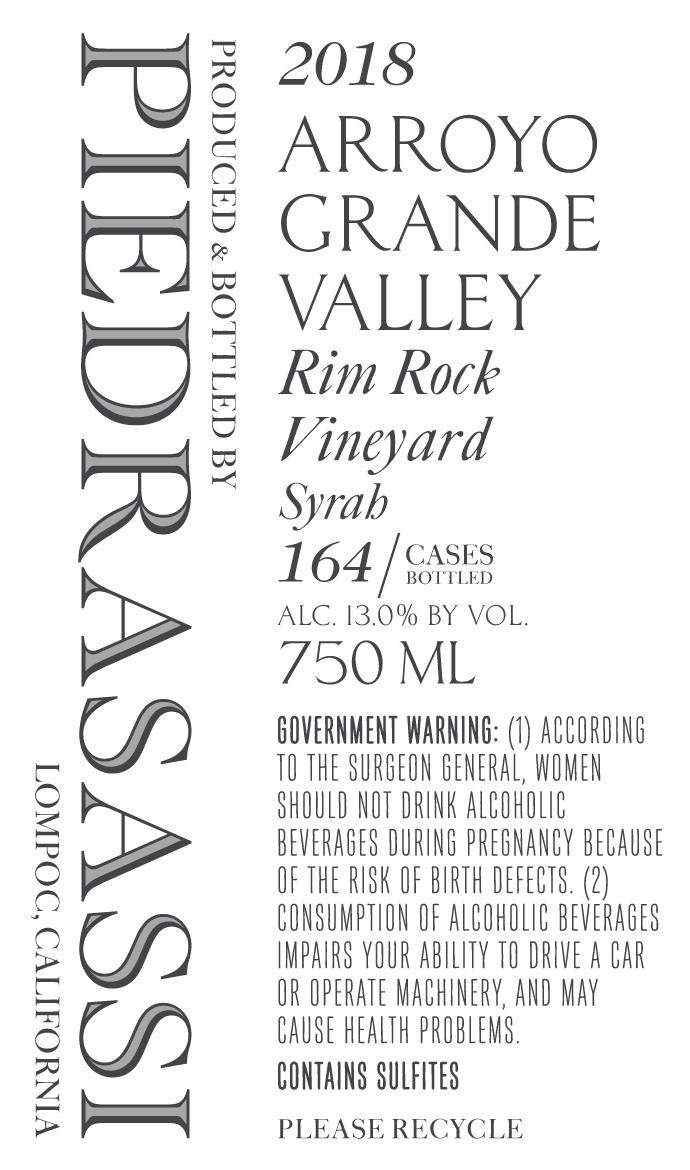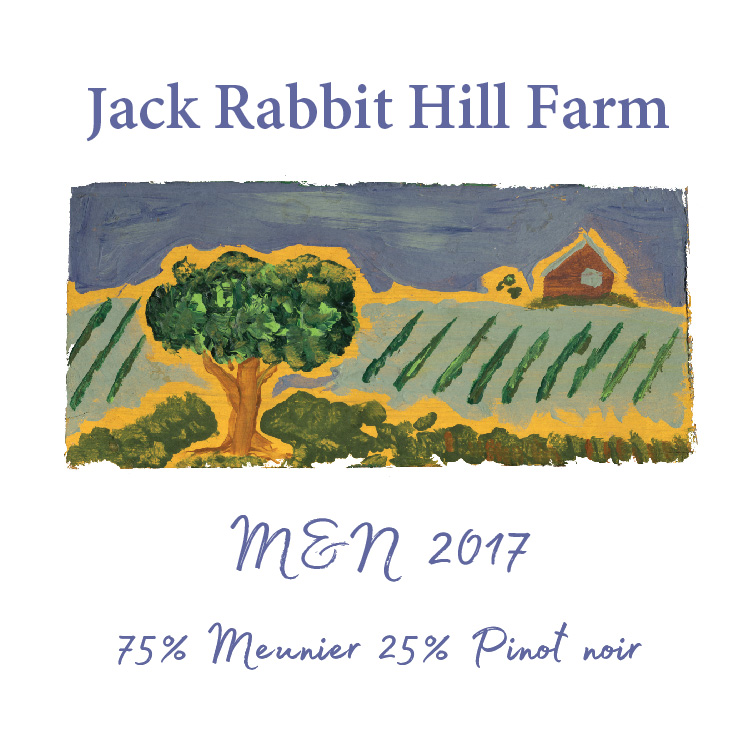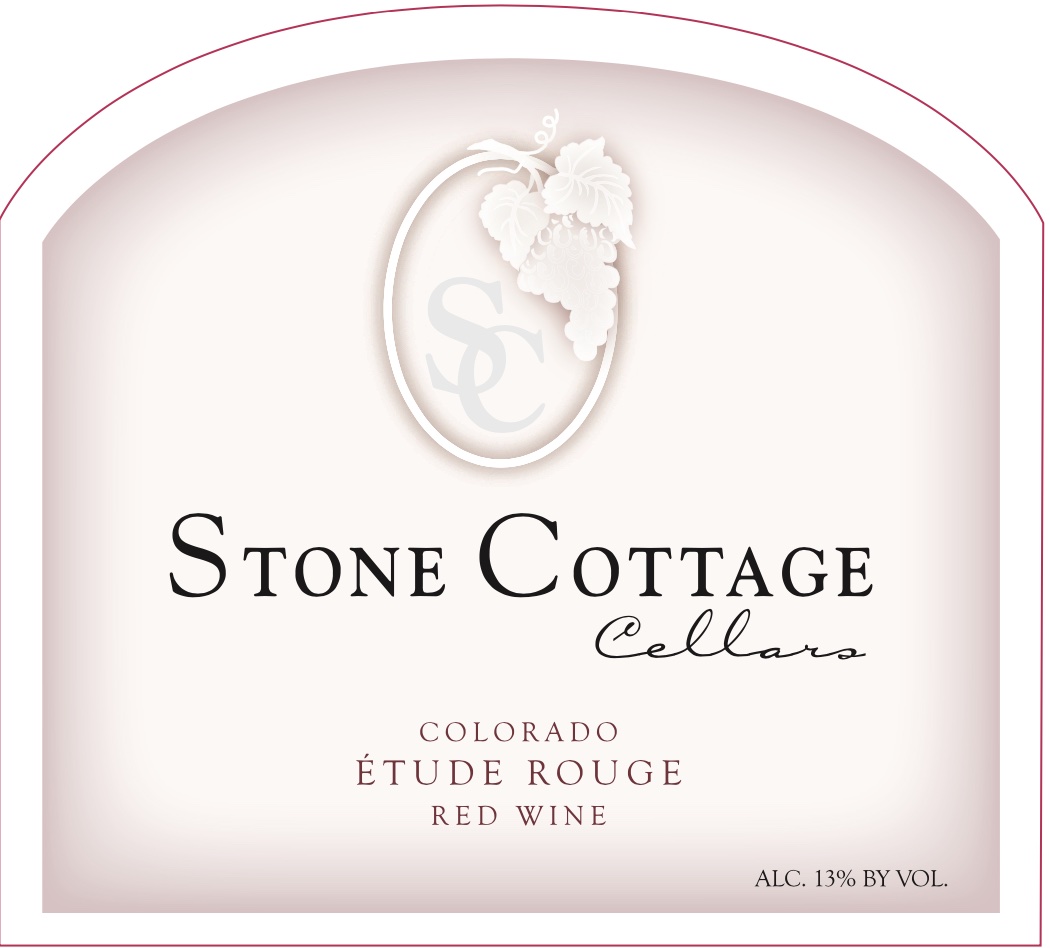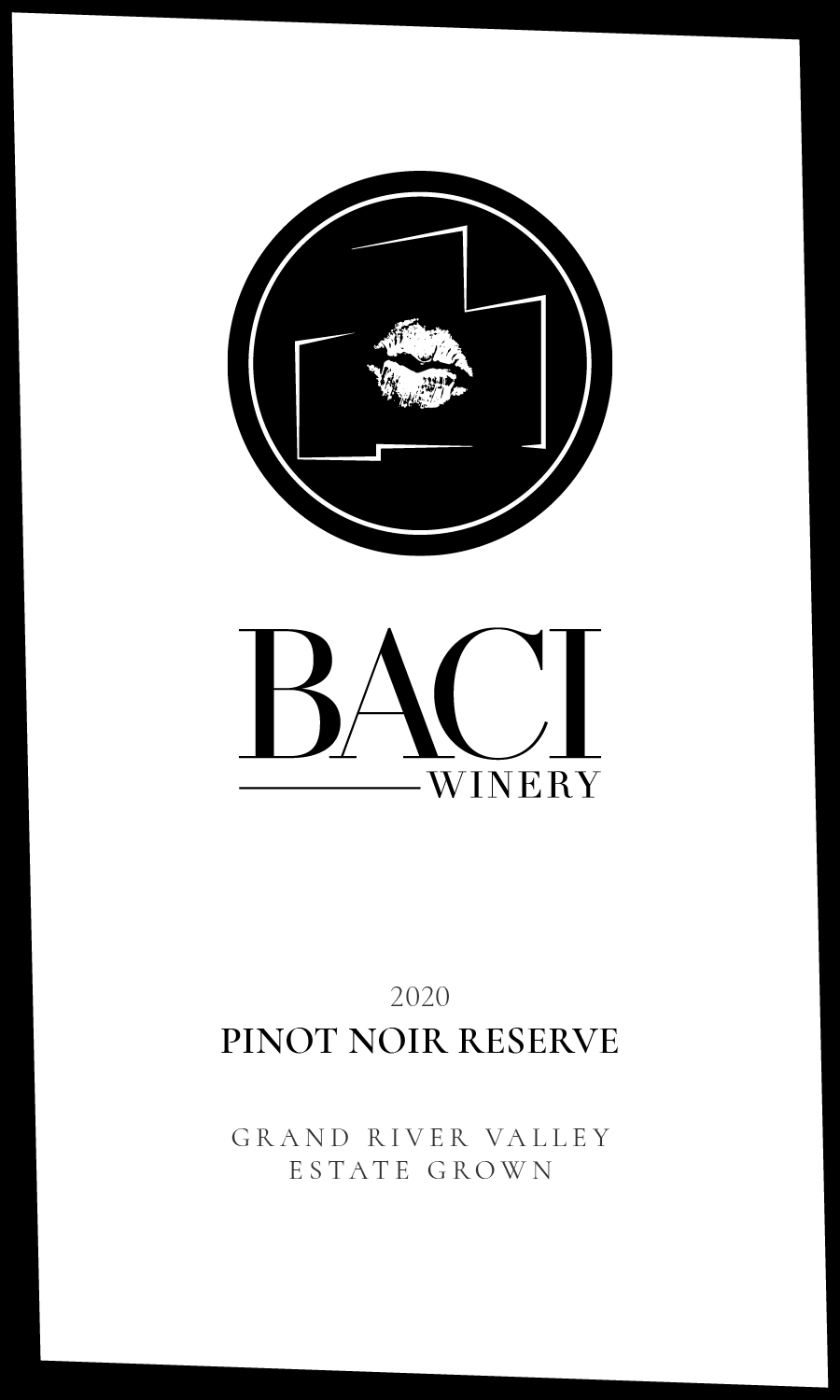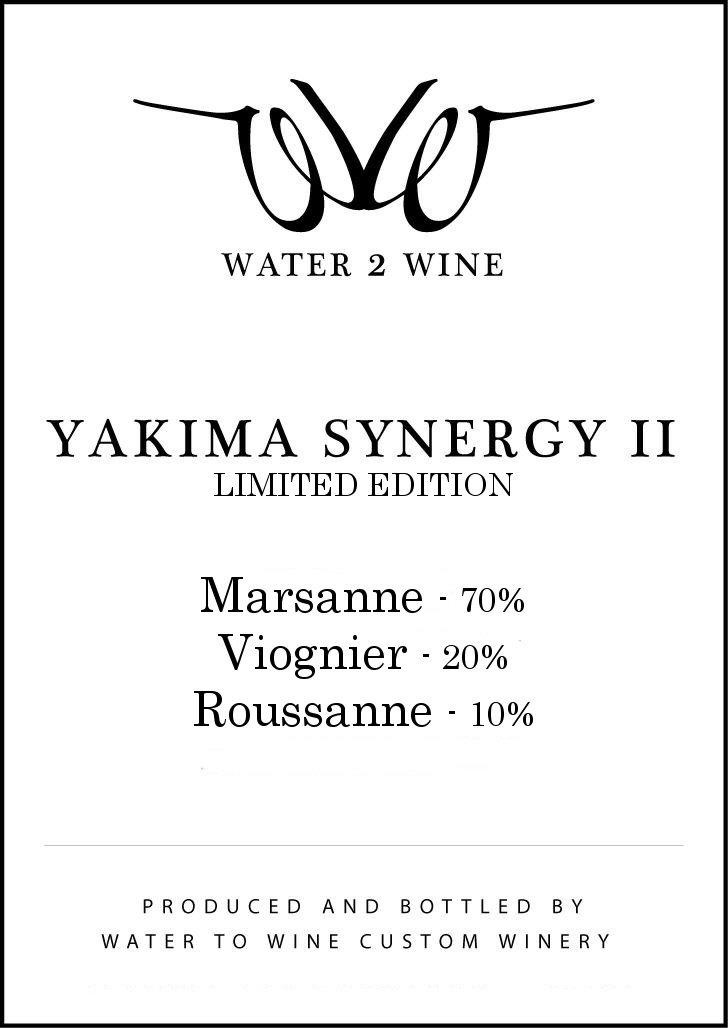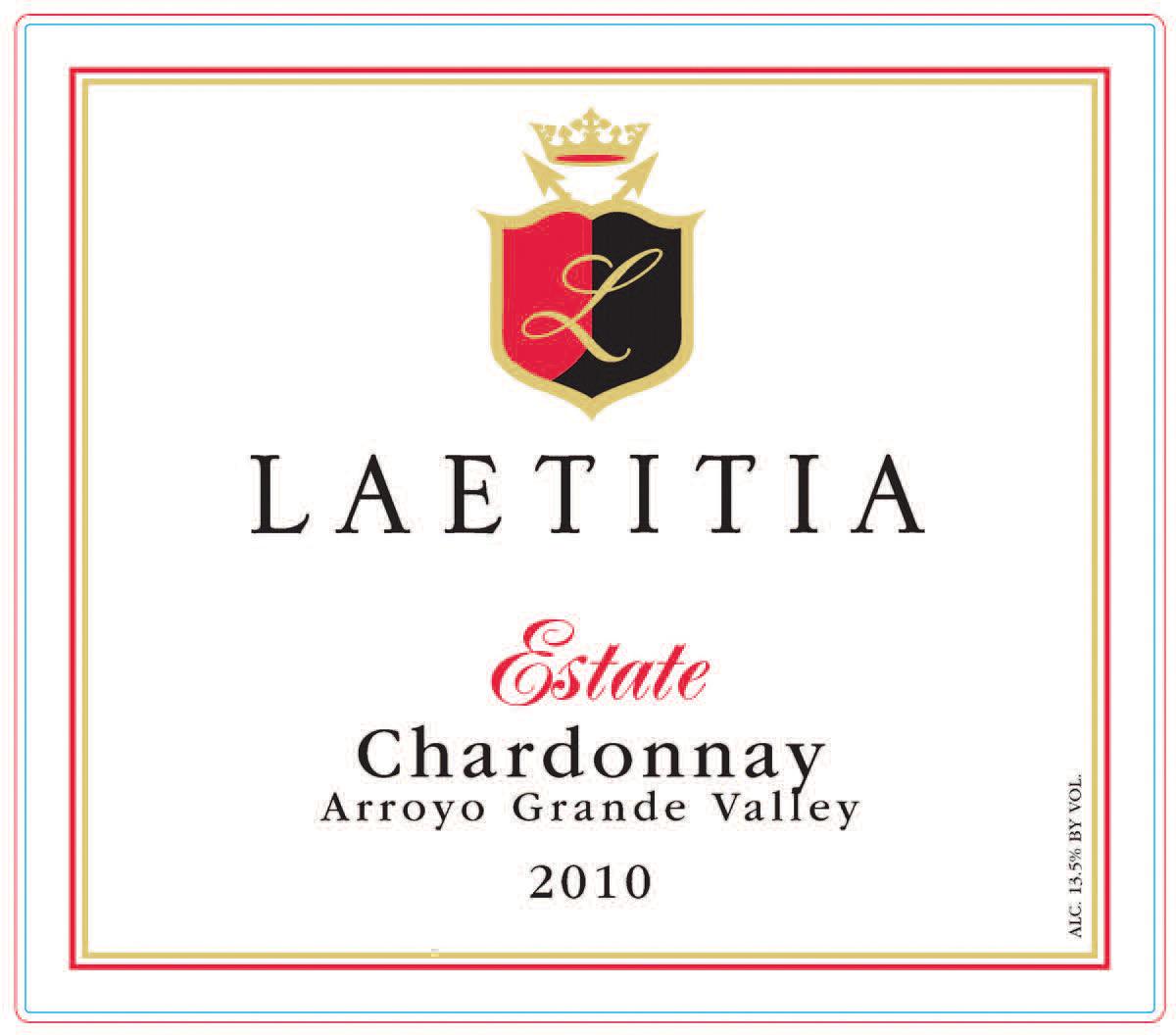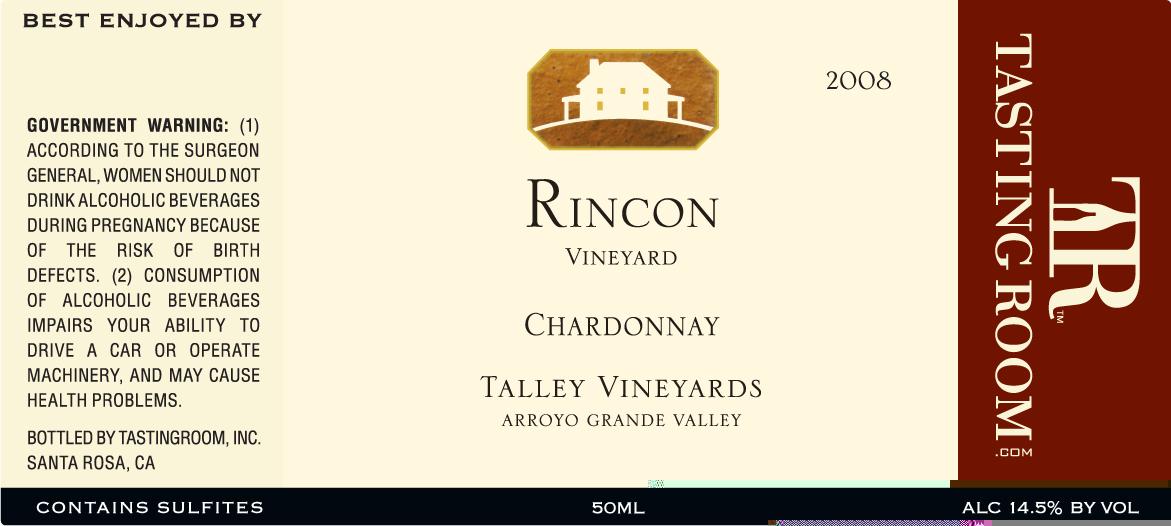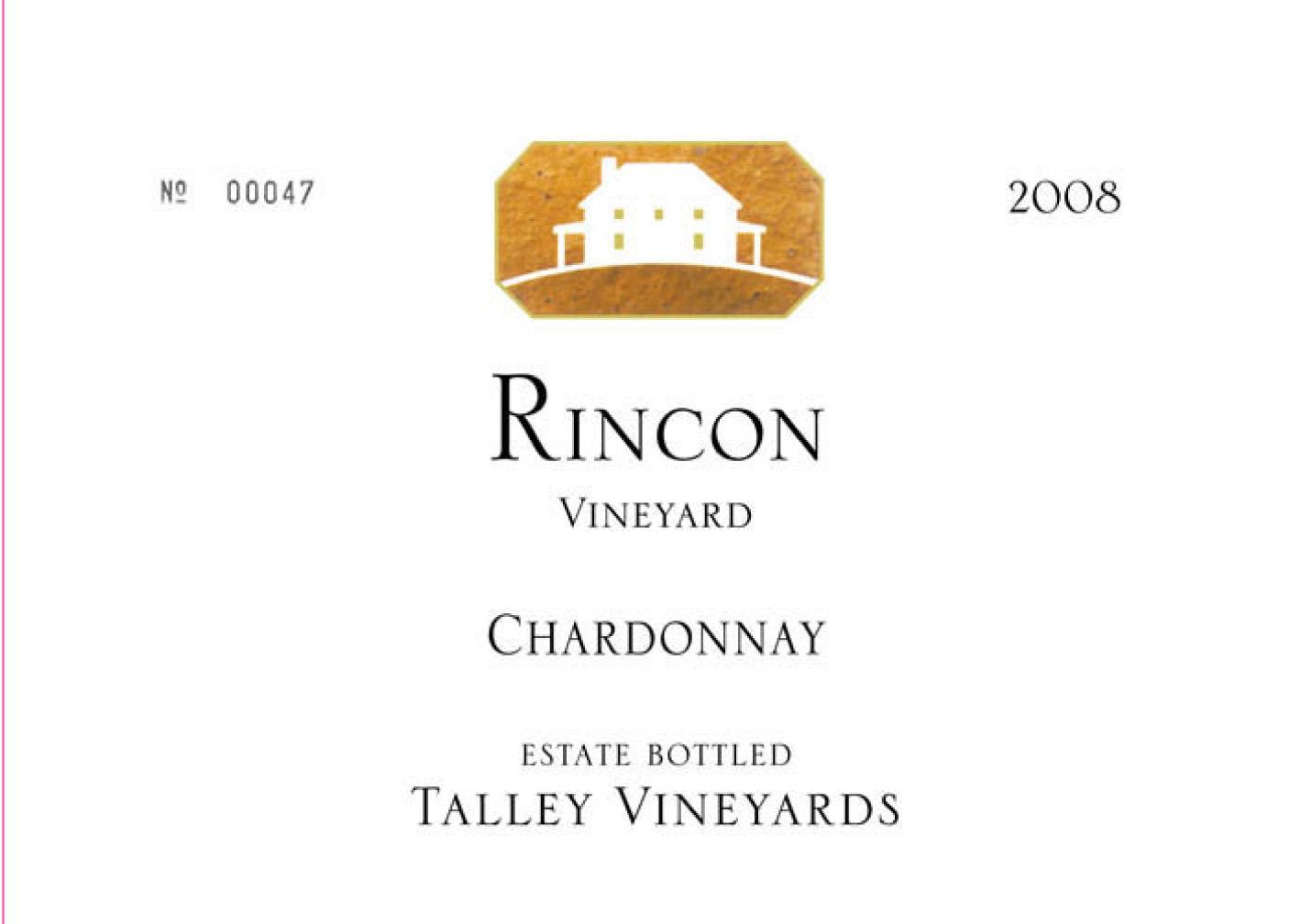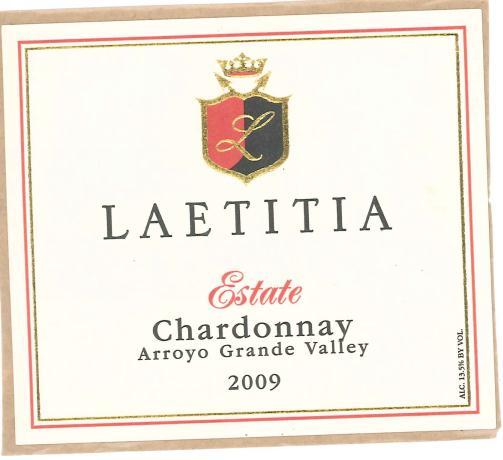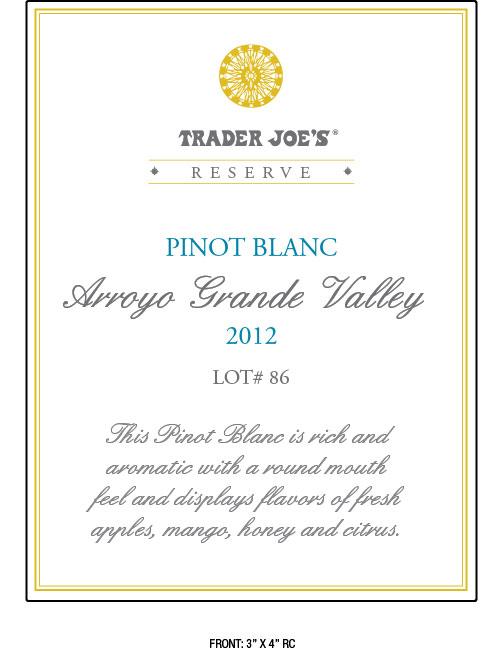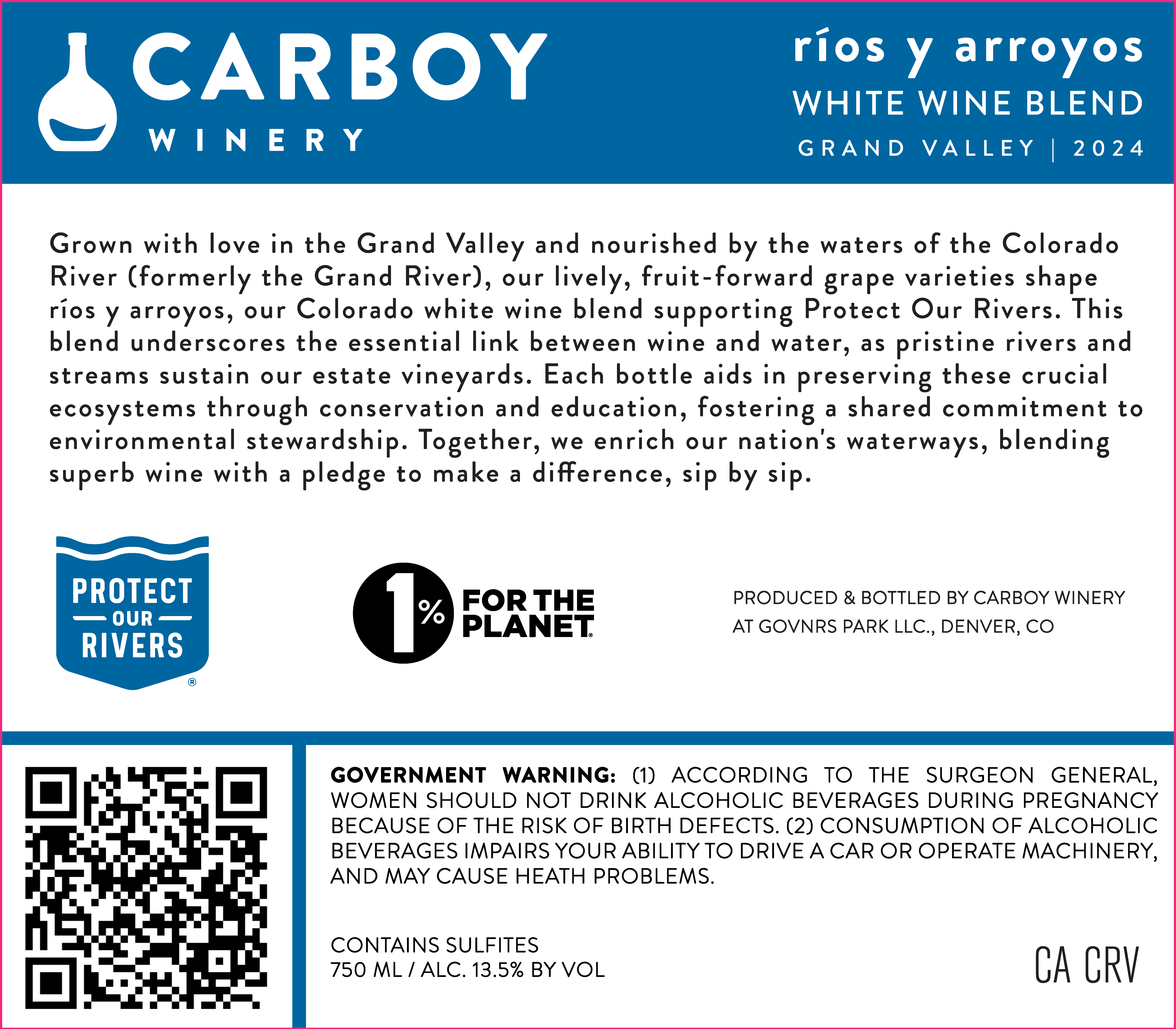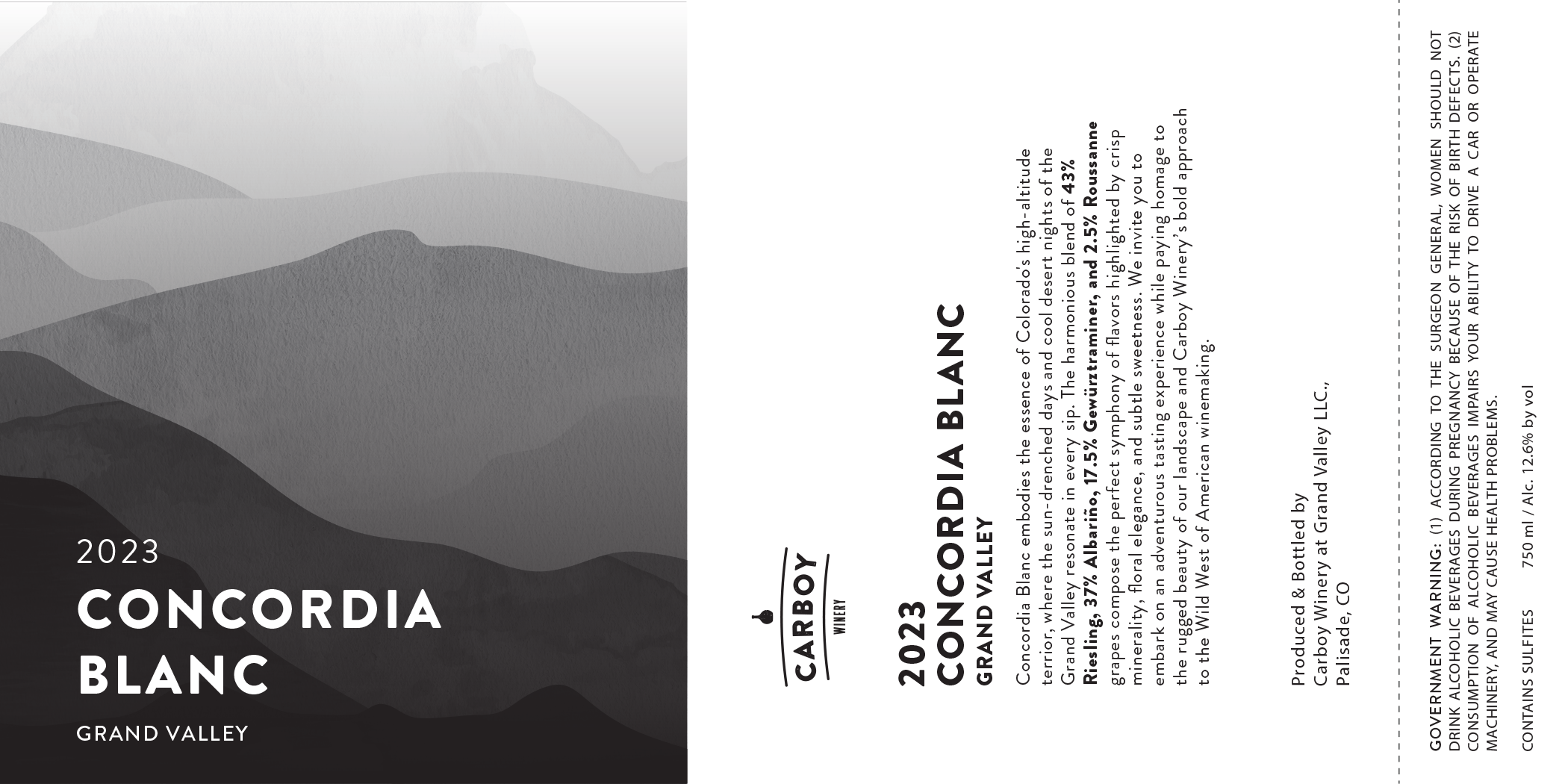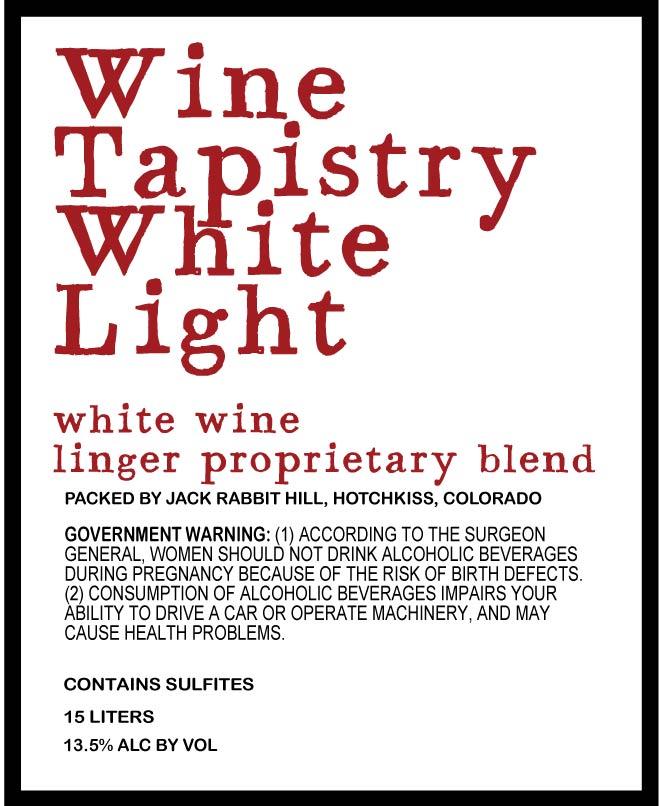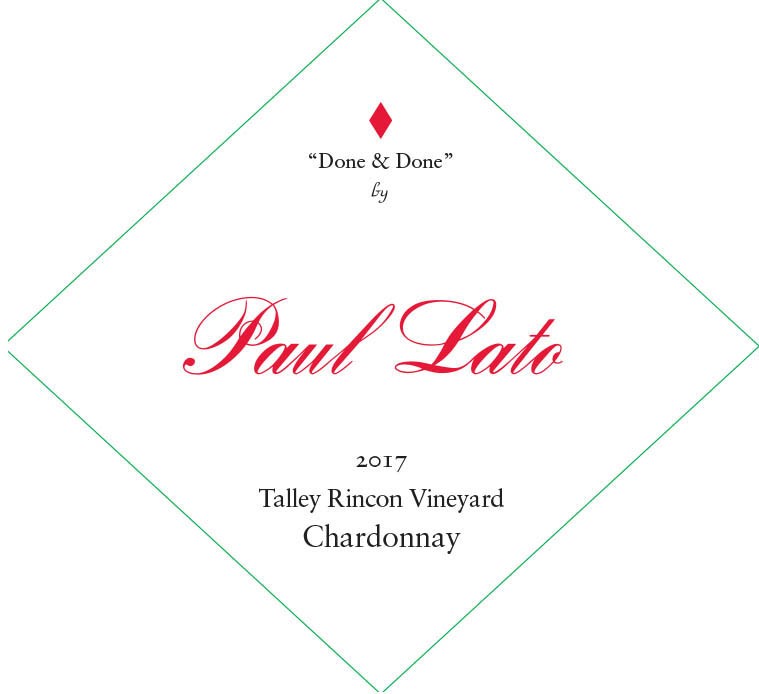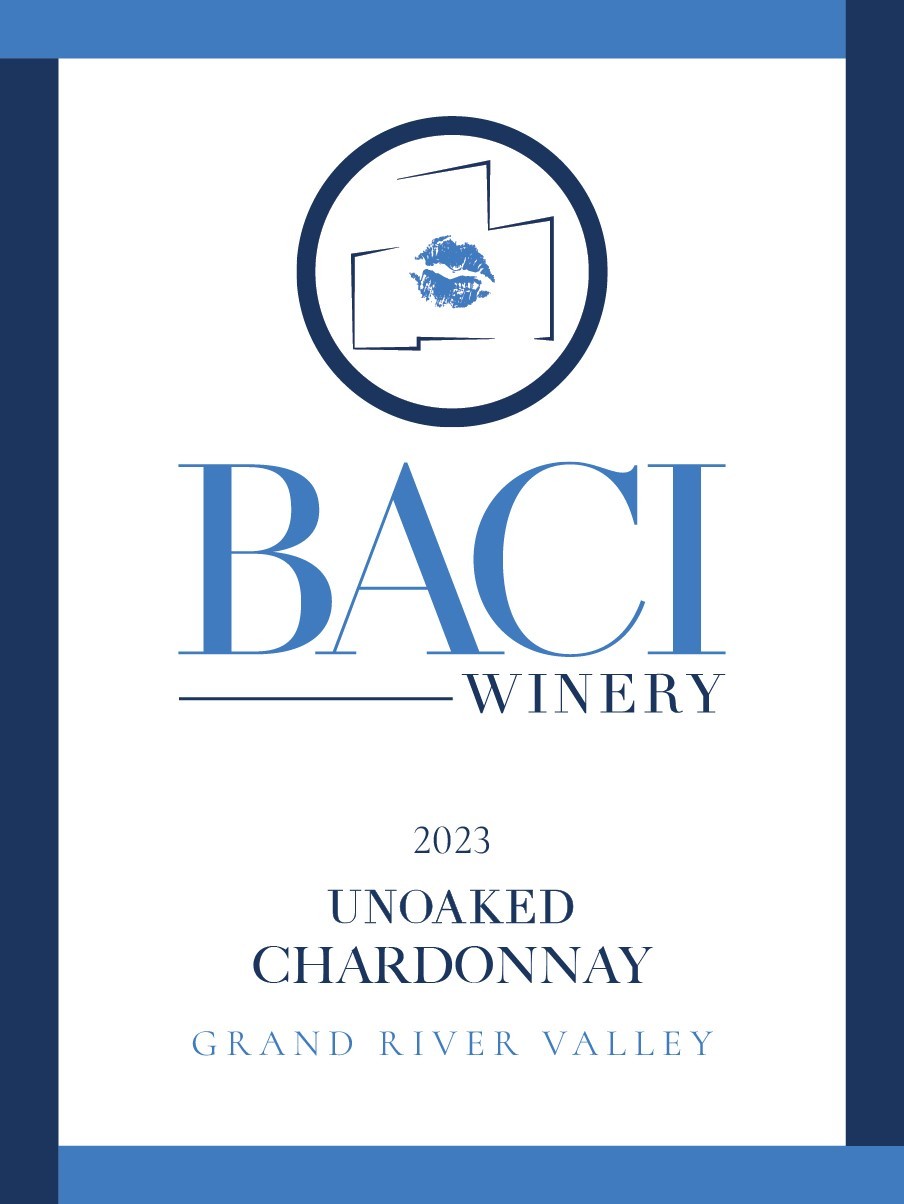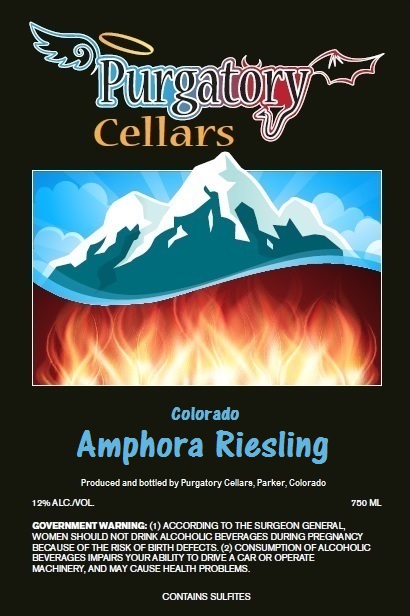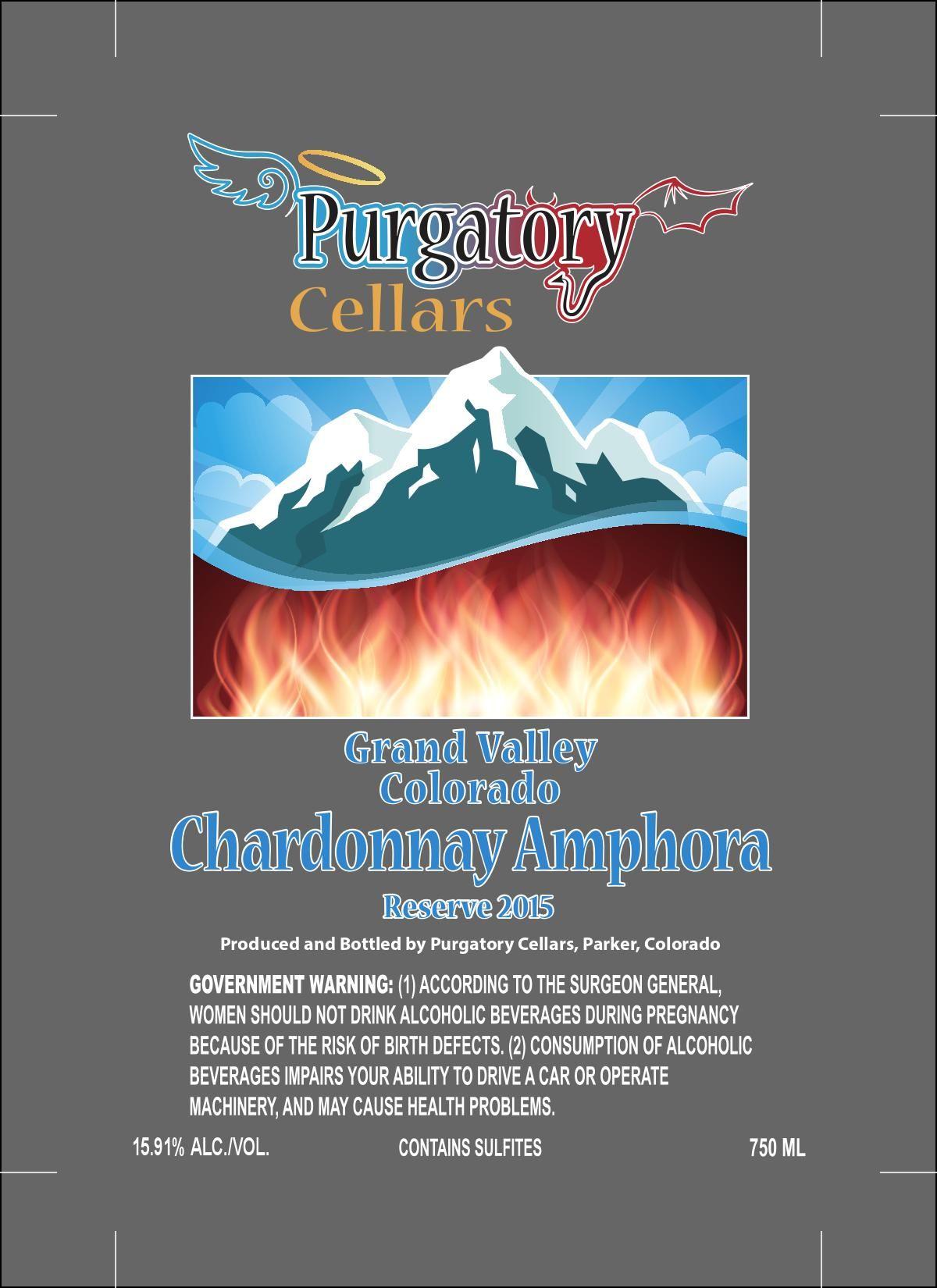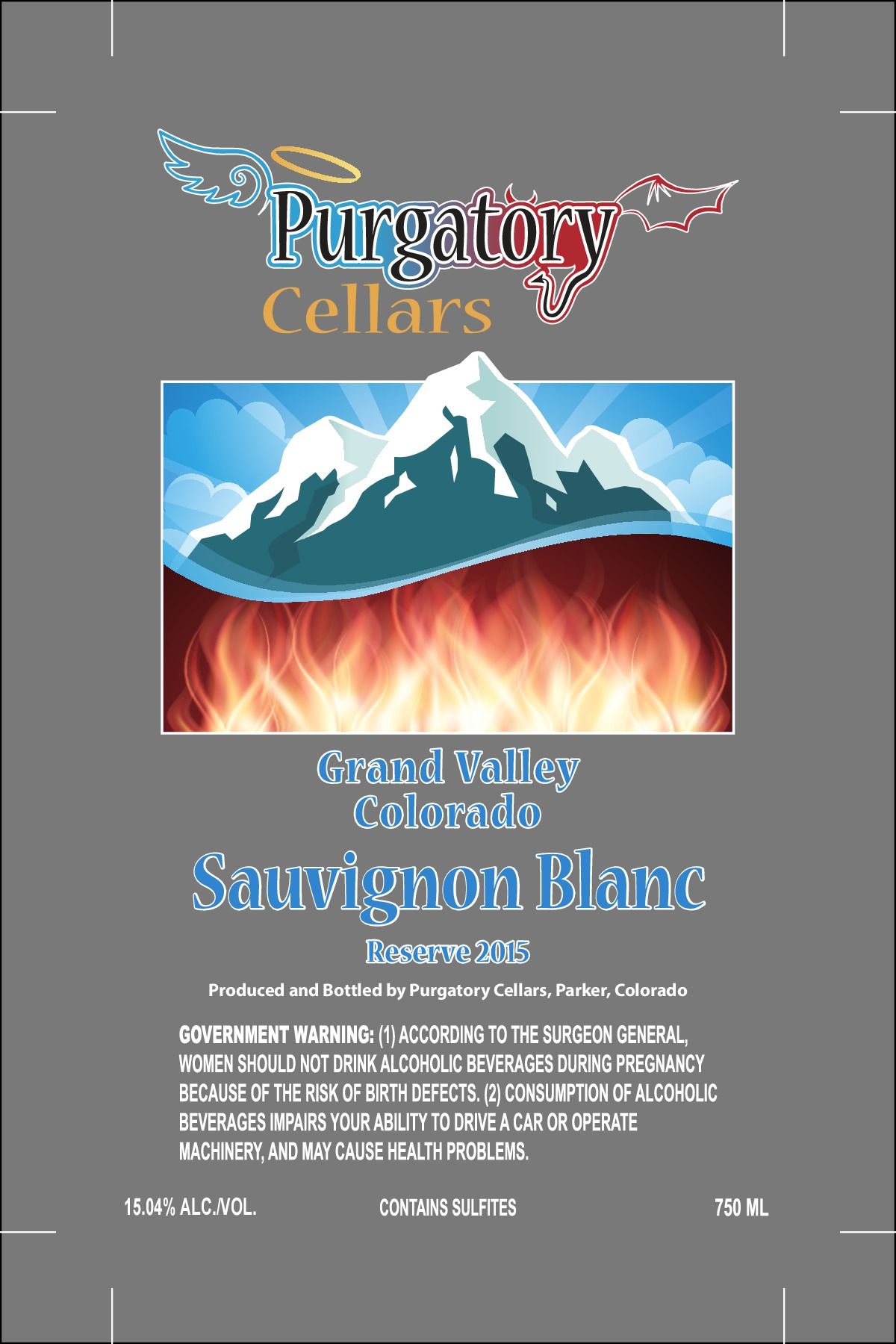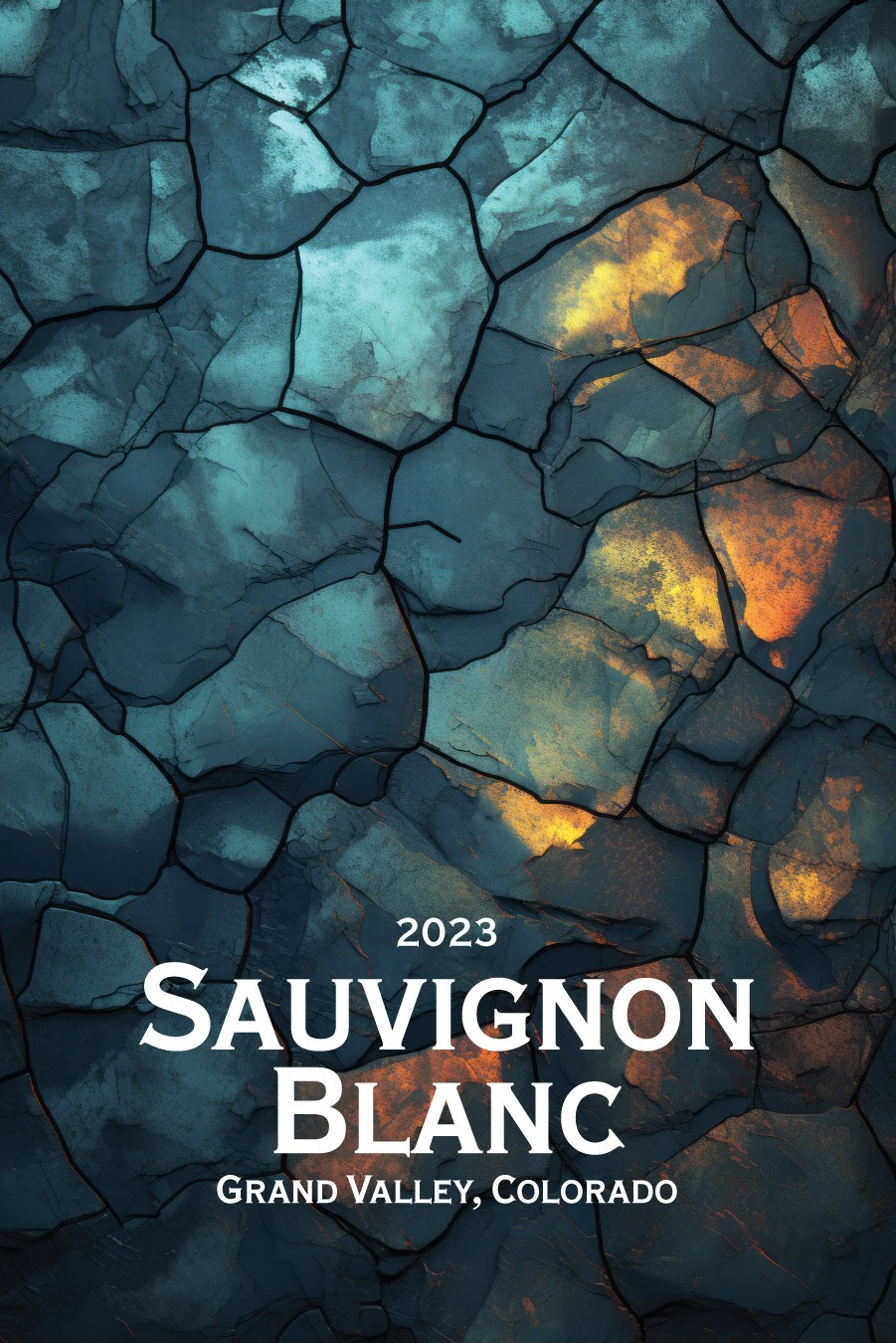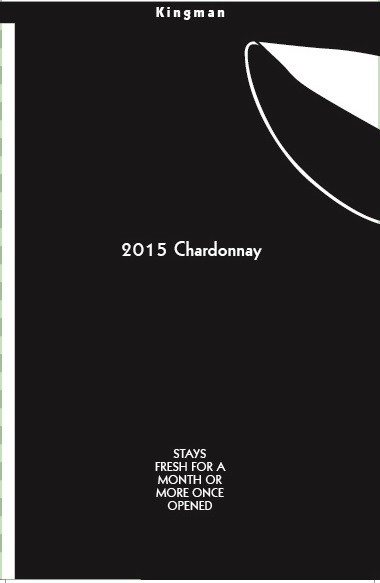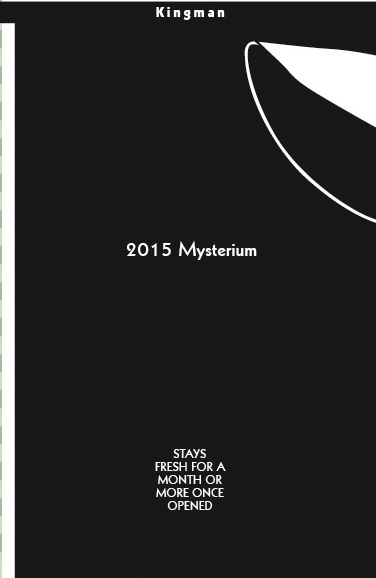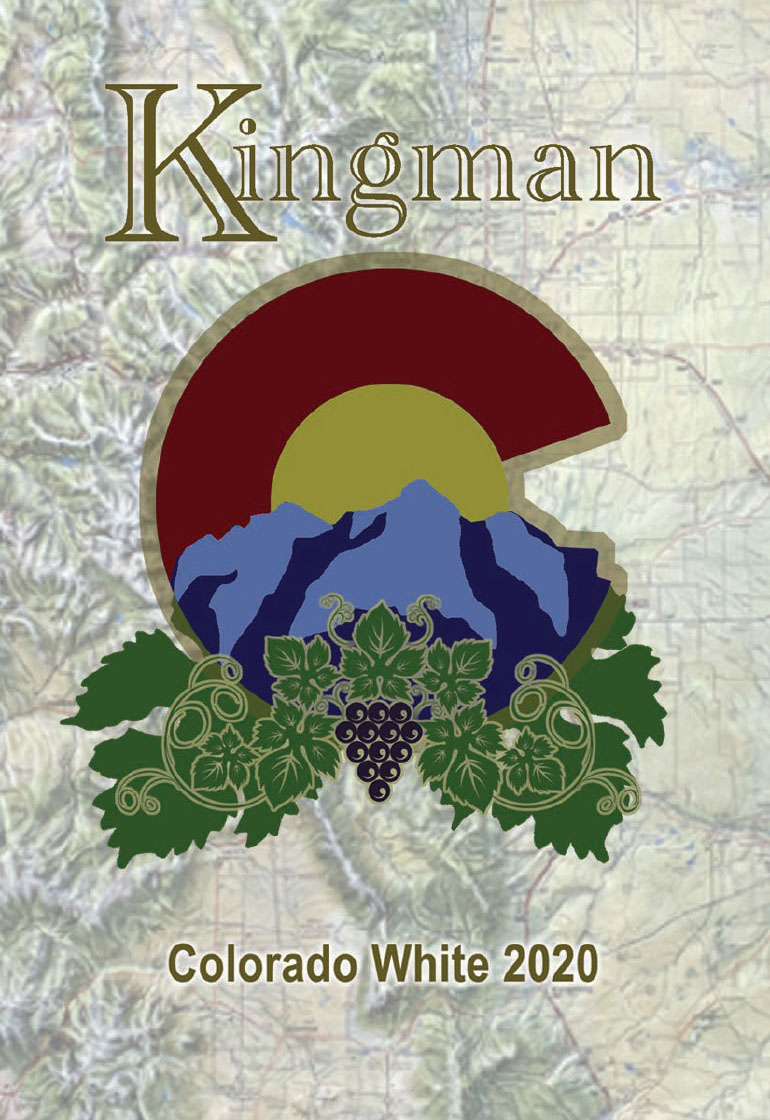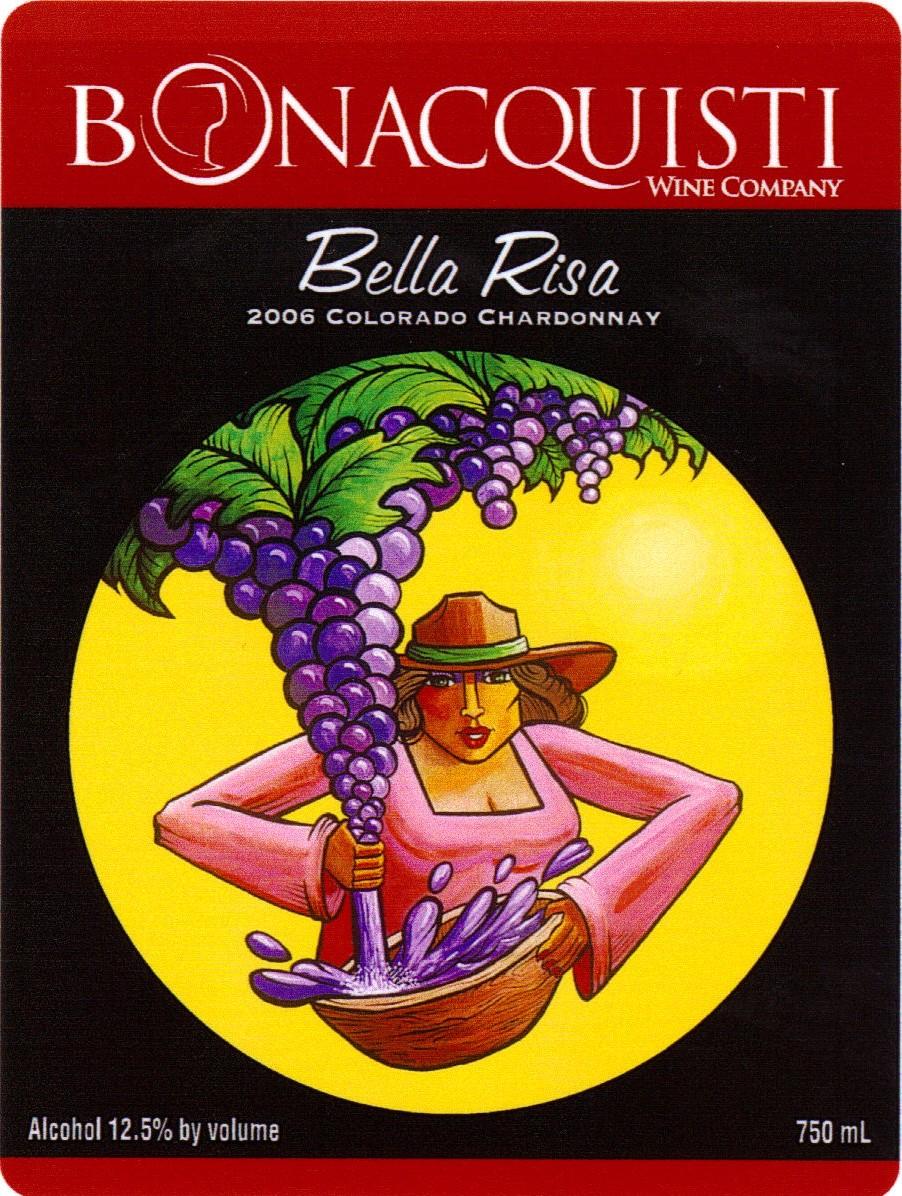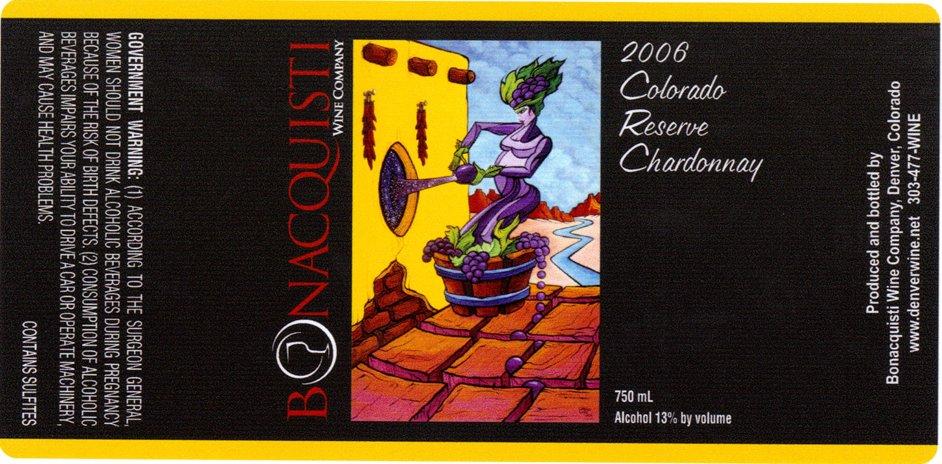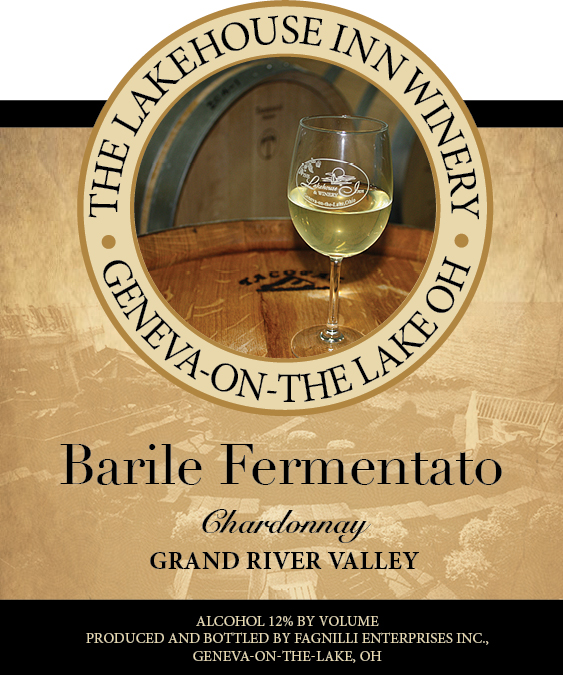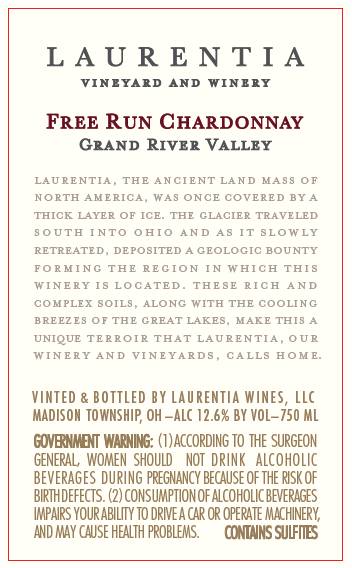Terroir of Colorado
Colorado's high-altitude vineyards, situated between 4,000 and 7,000 feet, benefit from a continental climate with significant temperature variations that aid grape ripening. Hot, dry summers along with cool nights help maintain acidity, while over 300 days of intense sunlight develop thick grape skins and rich colors. The UV radiation enhances phenolic compounds, adding to the wines' bold structure.
Soils differ across regions, with rocky, sandy loams and gravelly alluvial soils providing an excellent foundation for growing vines. The dry climate reduces fungal issues, though irrigation is essential due to low rainfall. Despite challenges like spring freezes and wildfire risks, the terroir produces wines with ripe flavors balanced by structured acidity. These tough conditions capture the essence of Colorado wines, often likened to Bordeaux and Rhône varieties.
Notable Wineries in Colorado
In the diverse landscape of Colorado’s wine regions, several wineries stand out not only for their quality but also for their innovative approaches. Here are a few notable producers:
-
Plum Creek Cellars: As Colorado's oldest winery, Plum Creek in Palisade sets high standards with award-winning Merlot and Chardonnay.
-
BookCliff Vineyards: Based in Boulder, this winery shines with Cabernet Franc, Syrah, and Riesling, consistently earning accolades.
-
Balistreri Vineyards: A Denver urban winery known for natural, unfiltered wines, excelling in bold reds and fruit wines.
-
Carboy Winery: Known for innovative blends and back-to-back Governor’s Cup wins with their estate-grown Teroldego.
-
Alfred Eames Cellars: A boutique winery in Paonia, excelling in European-style reds like Pinot Noir and Tempranillo.
Sustainable Winemaking in Colorado
Colorado's distinctive climate naturally fosters sustainable wine production, with many winemakers capitalizing on its high elevation and dry conditions to minimize chemical use. The area's low humidity helps control pests, reducing reliance on pesticides, while drip irrigation, often using mountain snowmelt, efficiently manages water in this arid region. Grand Valley vineyards utilize artesian wells to water their vines sustainably.
Winemakers in Colorado are also exploring grape hybrids resistant to diseases and cold, further lowering chemical needs and frost damage. Supported by the Colorado Wine Industry Development Board, the community shares innovations in solar energy, waste recycling, and reducing carbon footprints. From lightweight, recyclable packaging to electric vineyard vehicles, sustainability is a central focus. These efforts ensure the preservation of Colorado's landscapes and contribute to the resilience of its wine industry.
Wine Tourism in Colorado
Colorado's wine tourism offers a unique blend of scenic beauty and diverse tasting experiences. The Grand Valley, particularly Palisade, is a hub for wine enthusiasts, with the Palisade Fruit & Wine Byway linking numerous wineries and orchards.
Visitors can enjoy tastings while taking in views of the Book Cliffs and Mount Garfield. The region hosts the renowned Colorado Mountain Winefest, drawing wine lovers for tastings, workshops, and live music each September.
Beyond the Grand Valley, the West Elks Wine Trail provides intimate wine experiences in places like Paonia. Urban wine adventures are also accessible along Colorado's Front Range, with Denver offering winery taprooms such as Infinite Monkey Theorem. Colorado's wine regions, recognized by Wine Enthusiast and others, invite exploration through e-bike tours, vineyard stays, and conversations with winemakers, all while highlighting the state's commitment to sustainable wine production.



